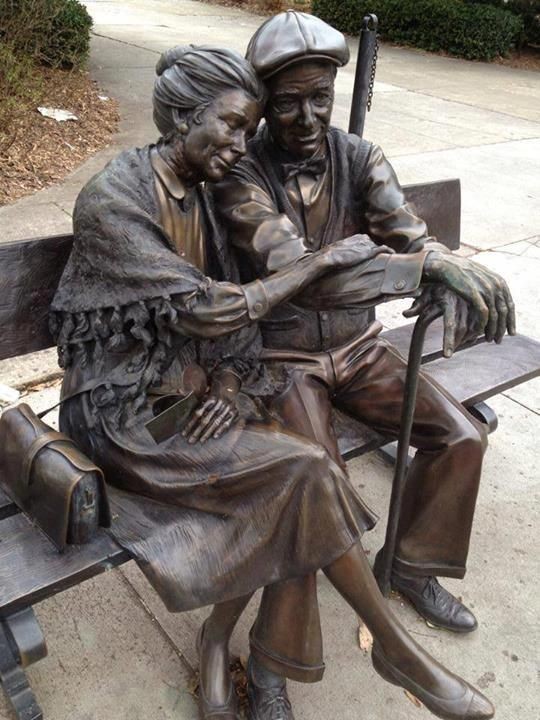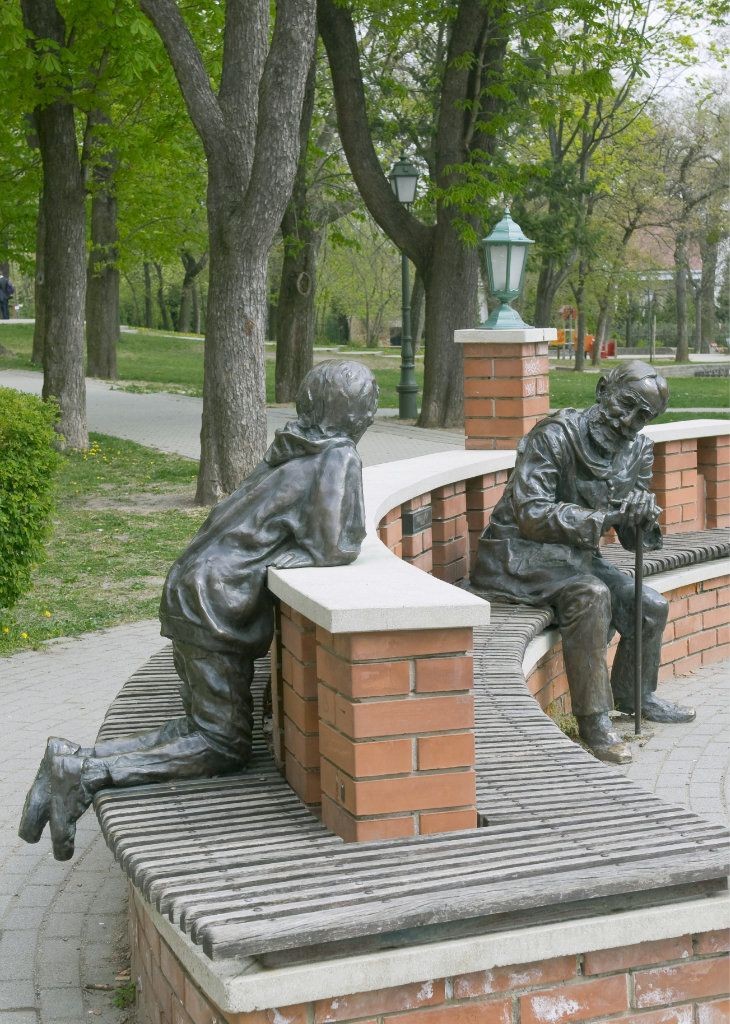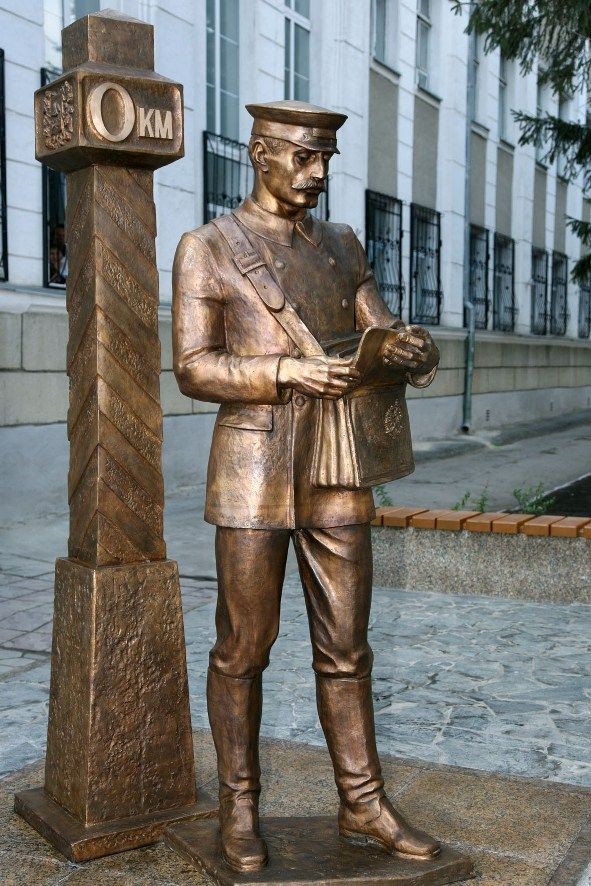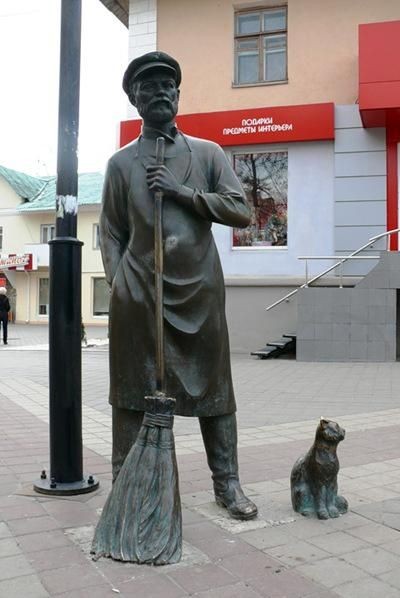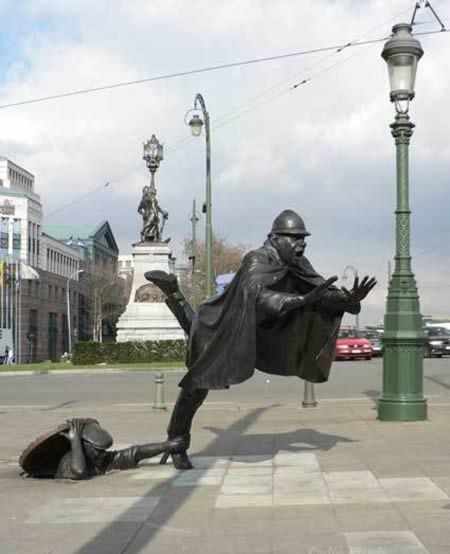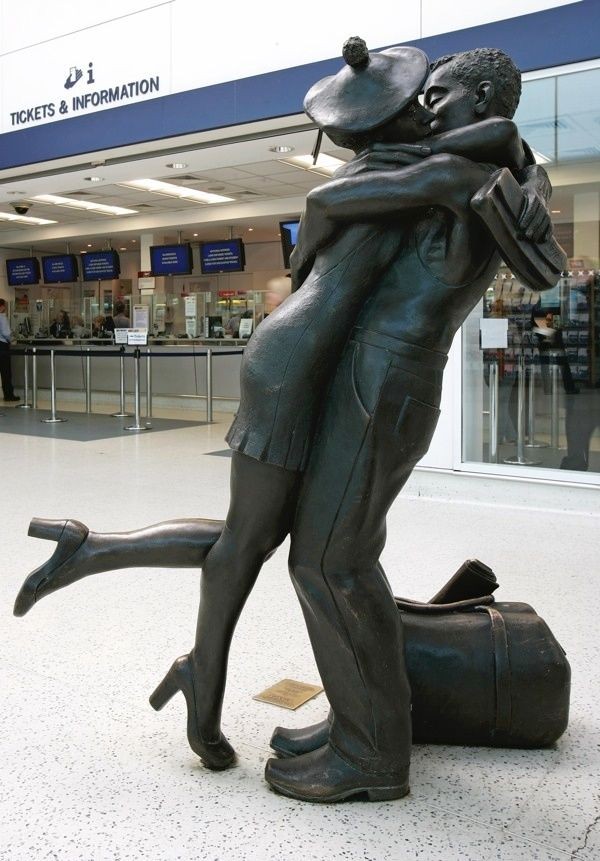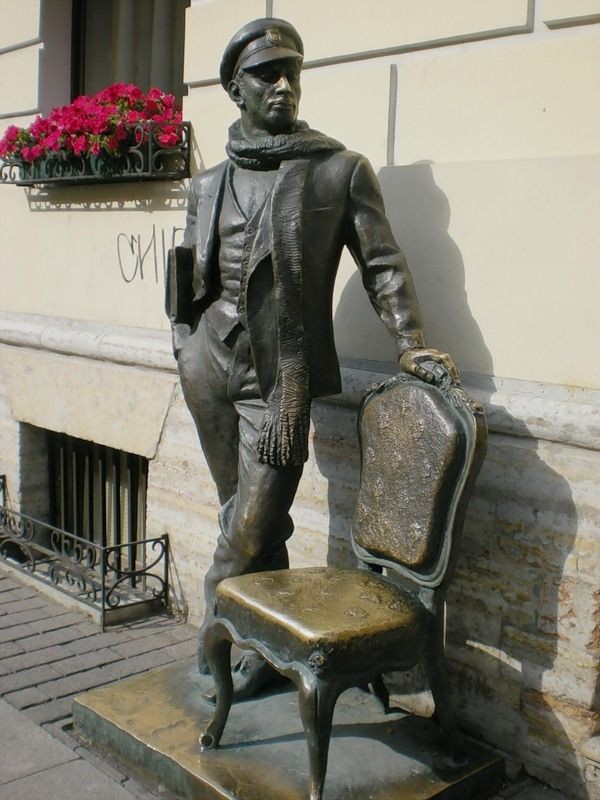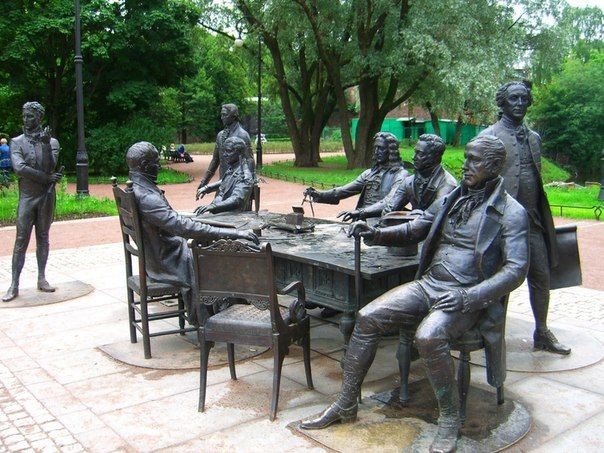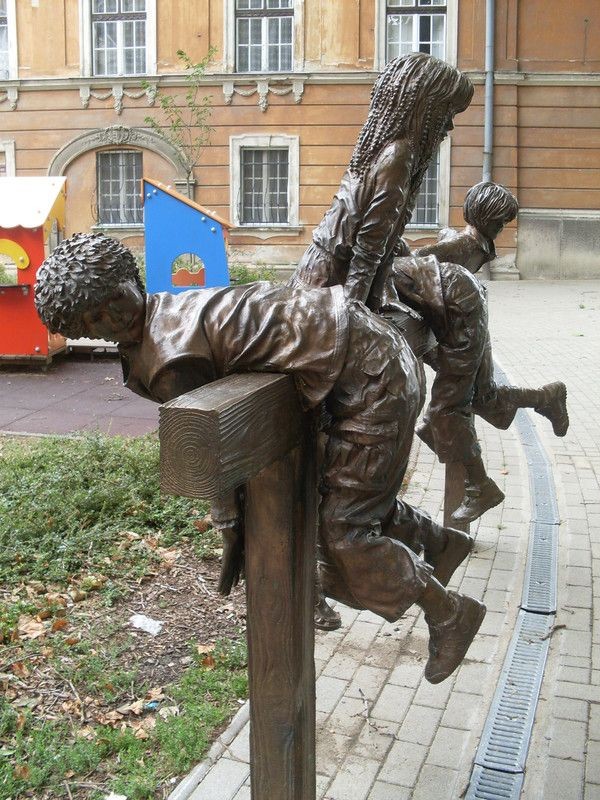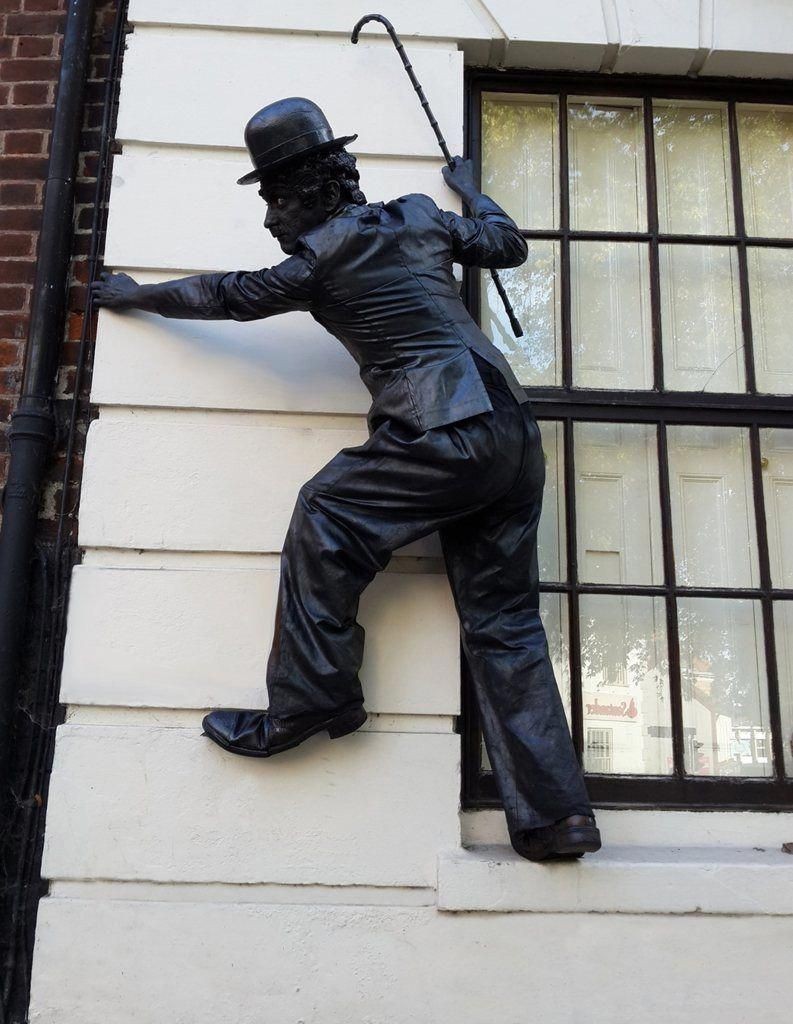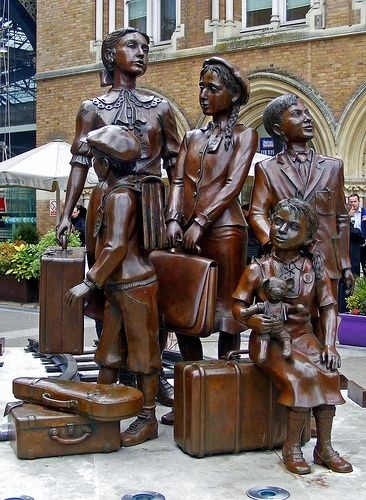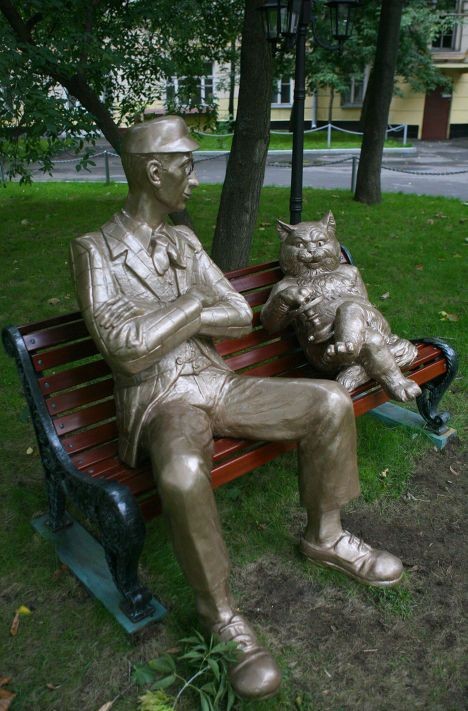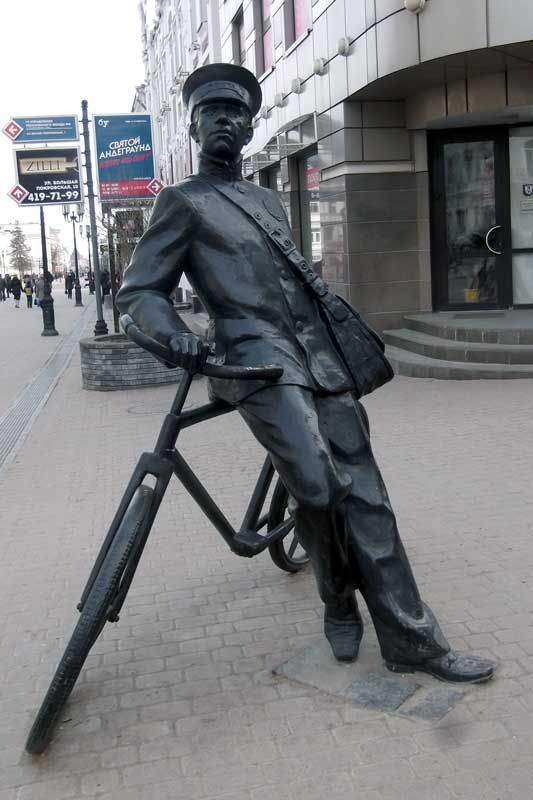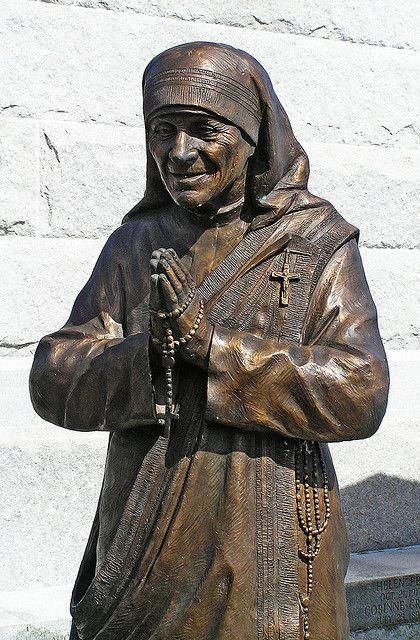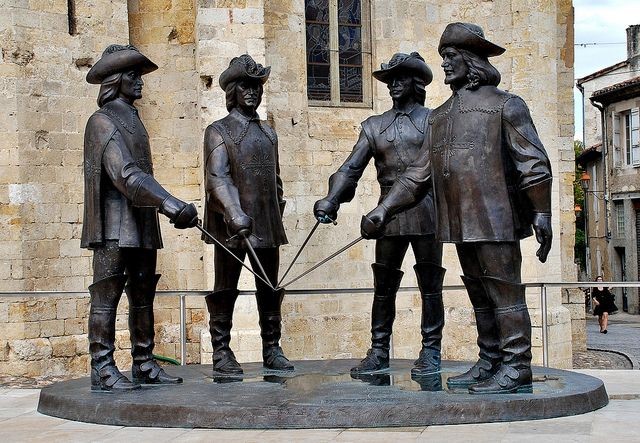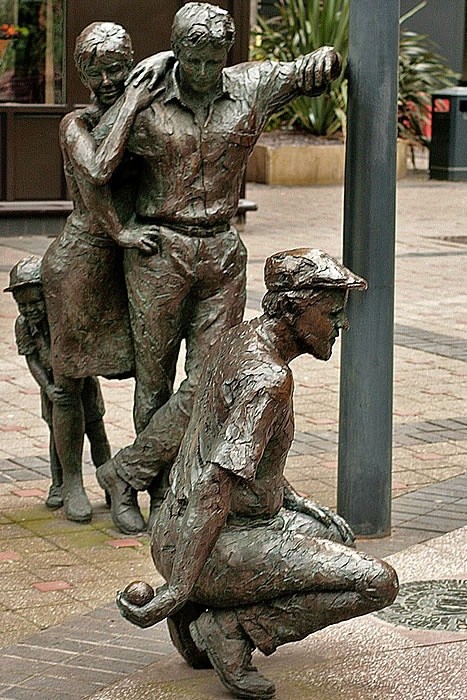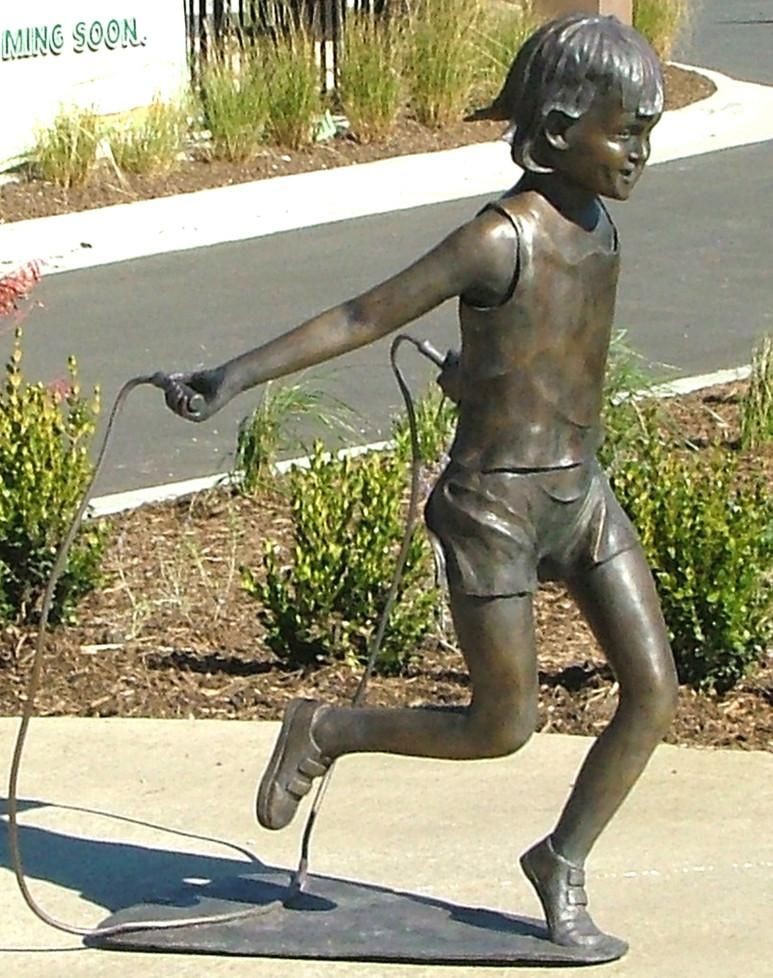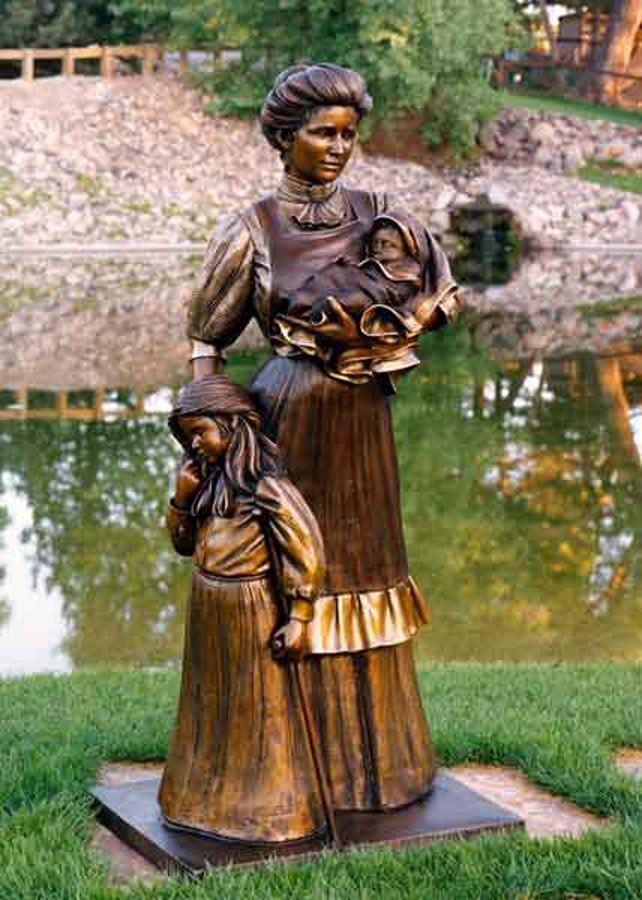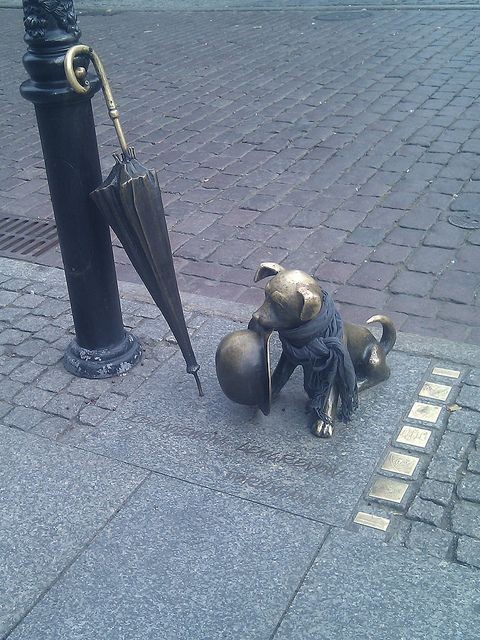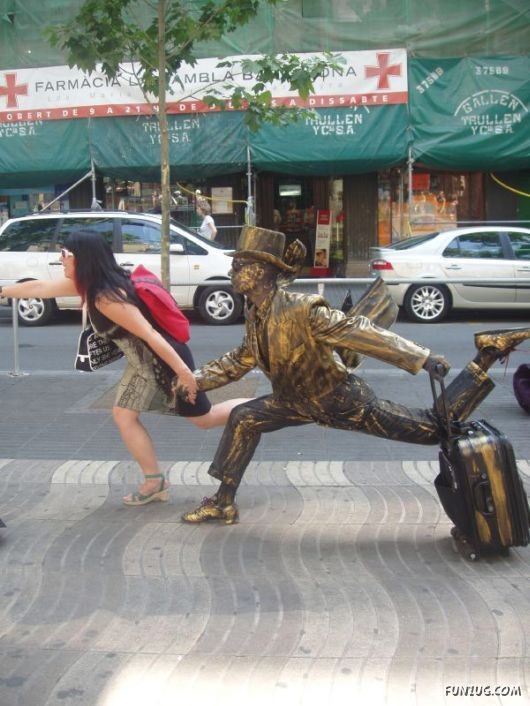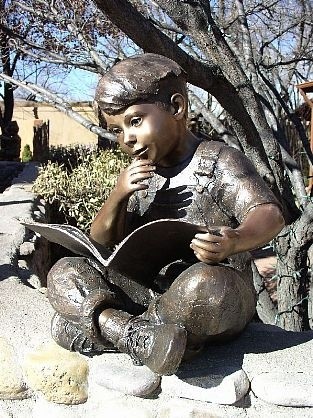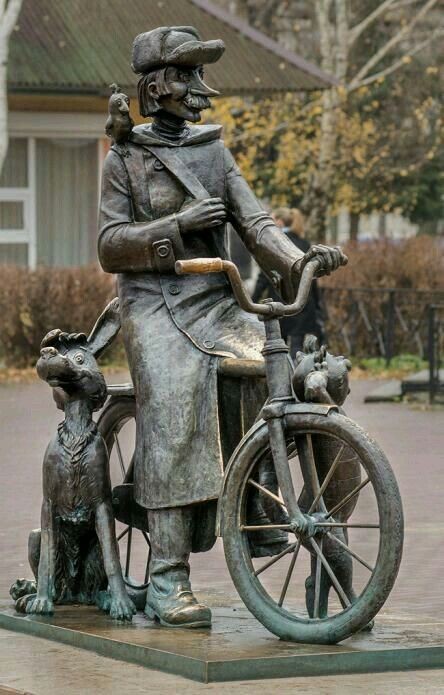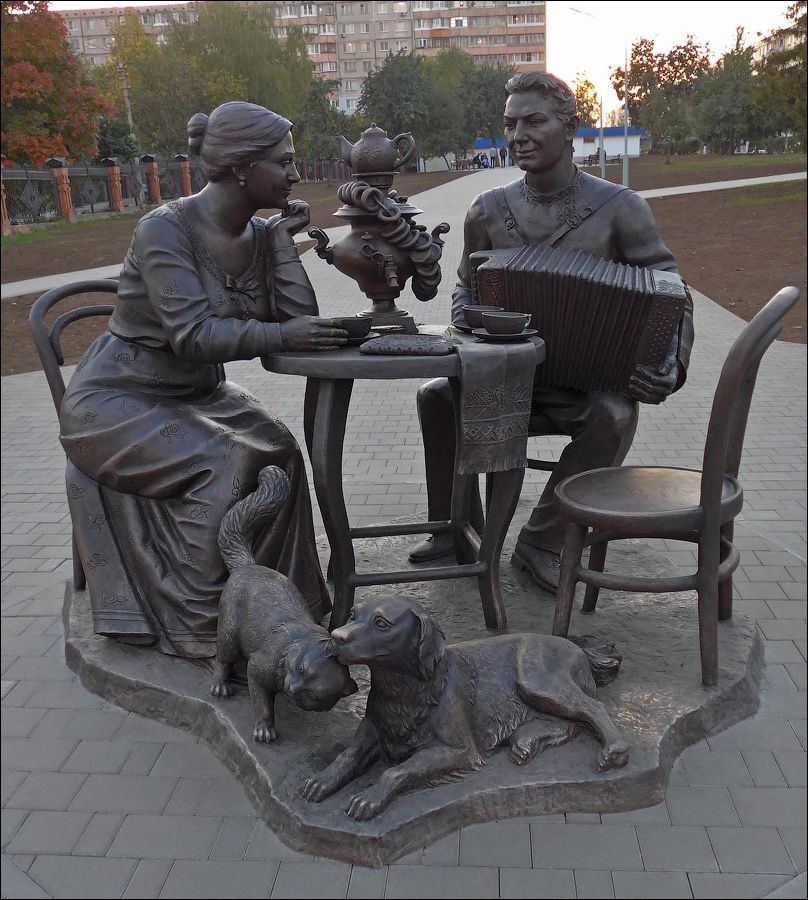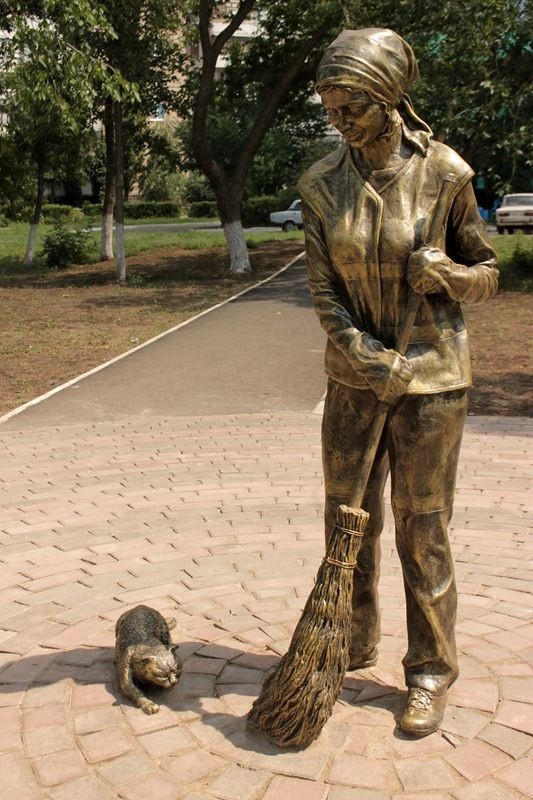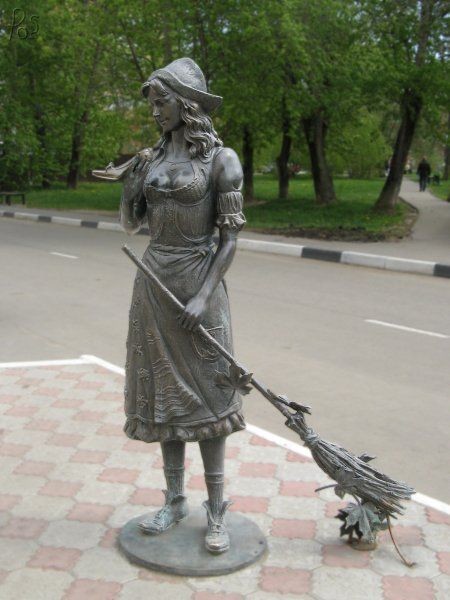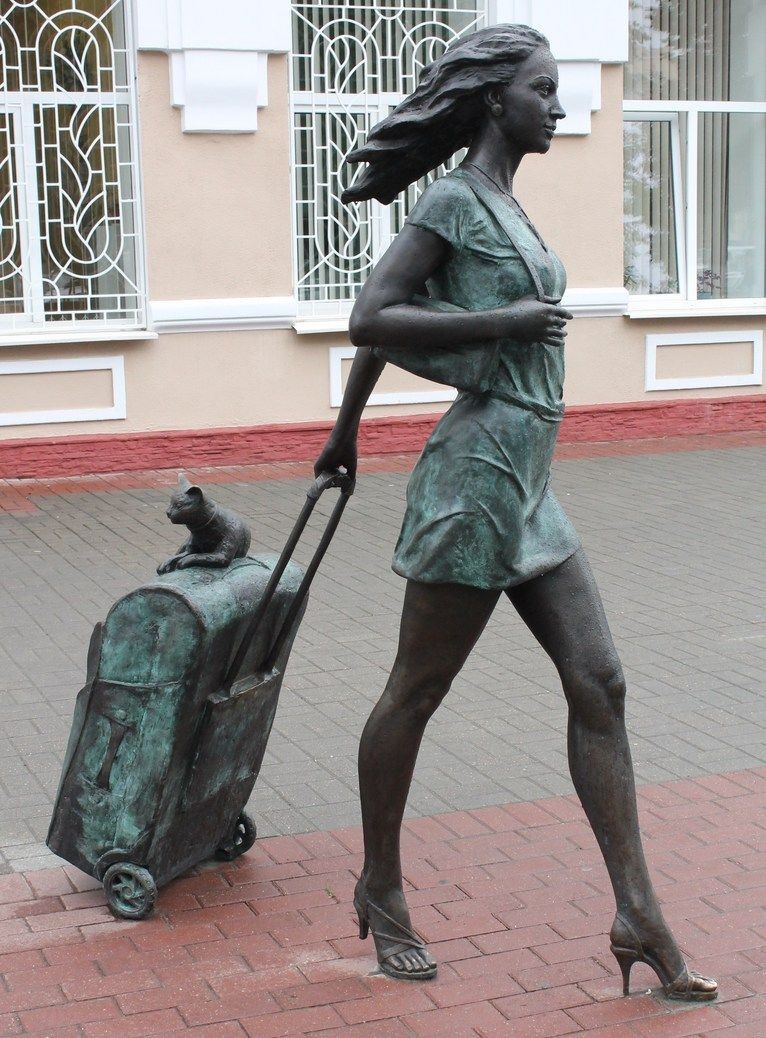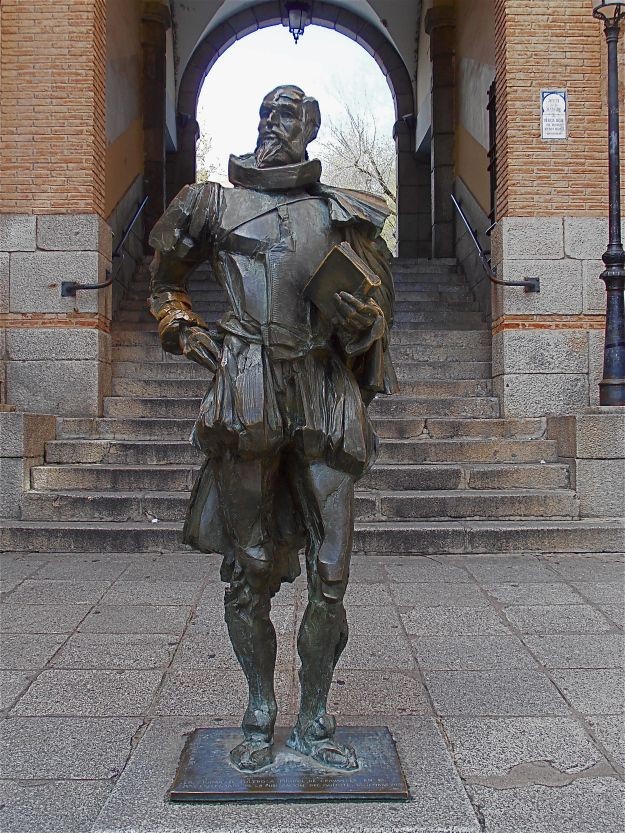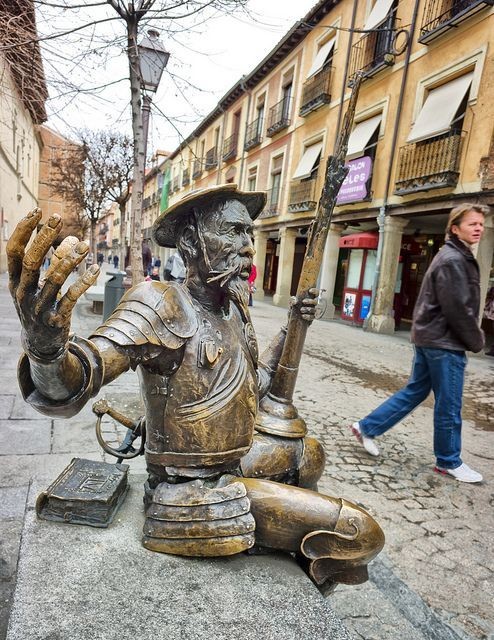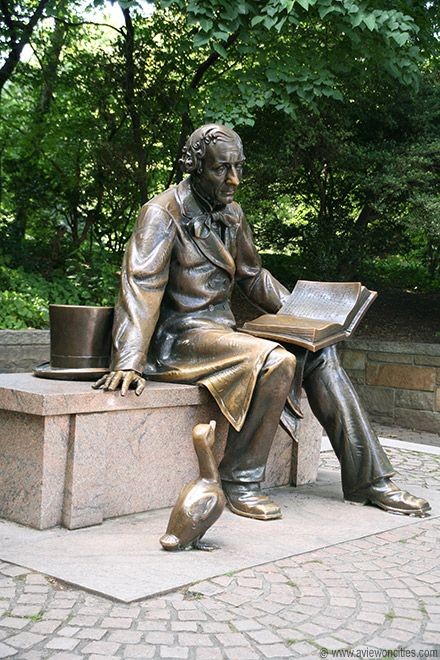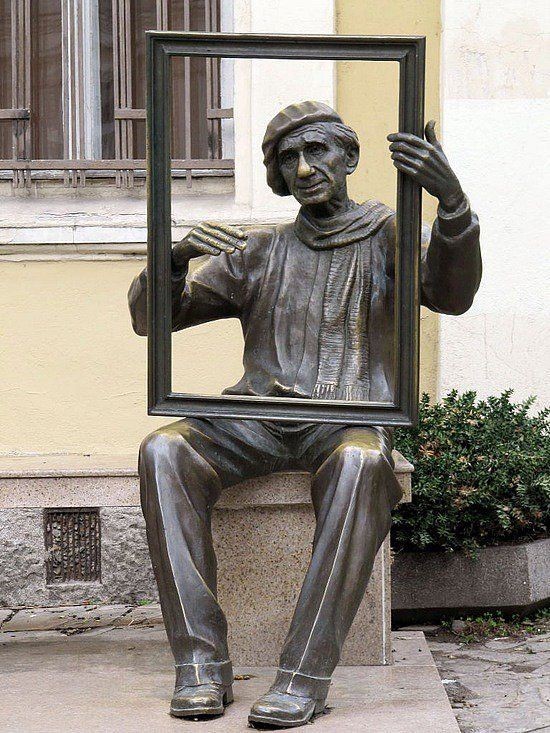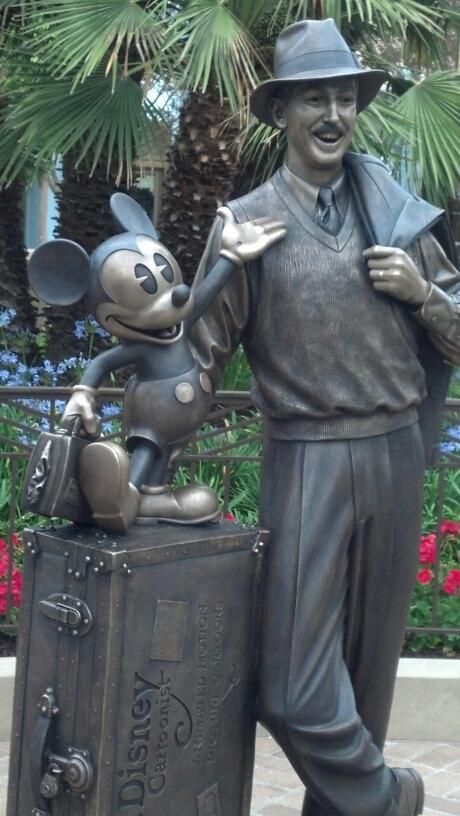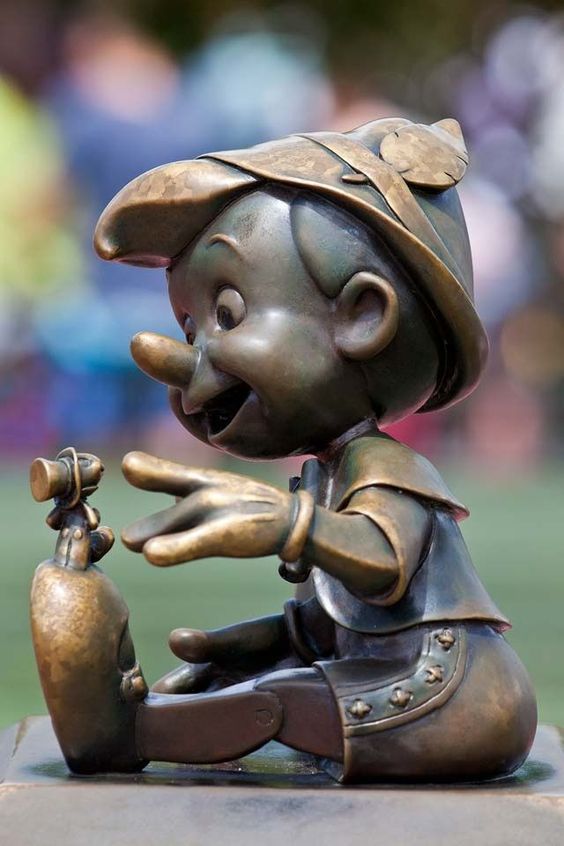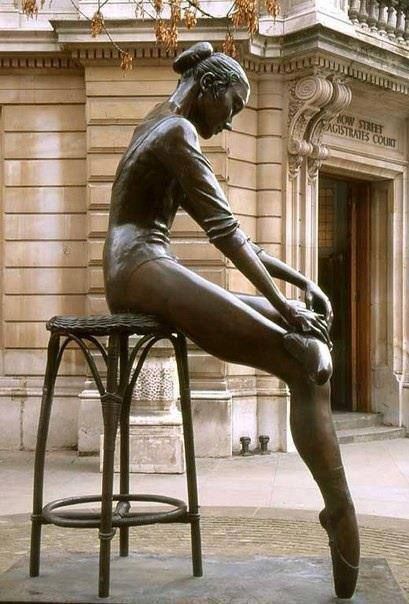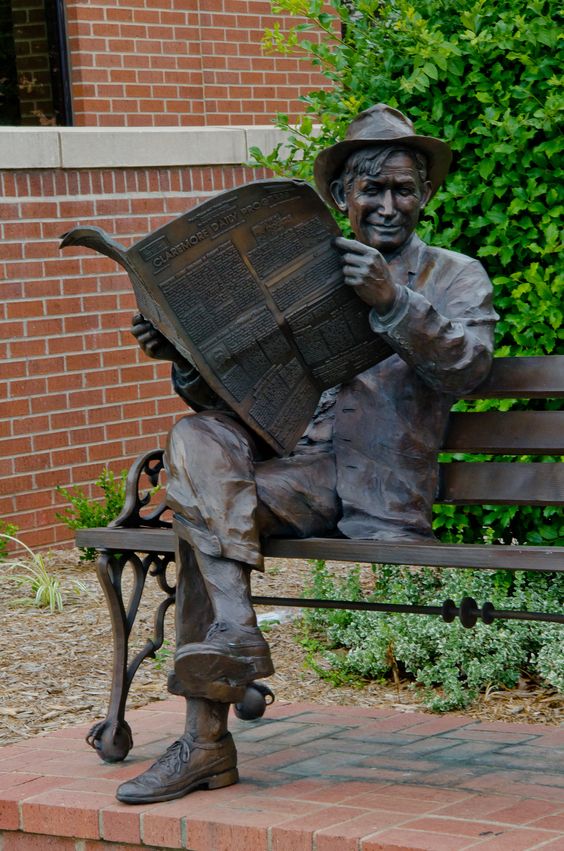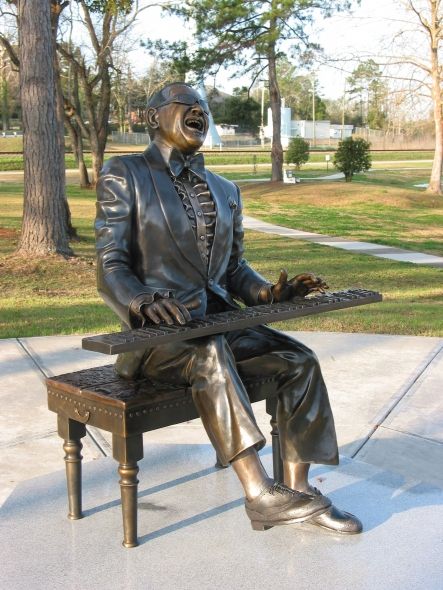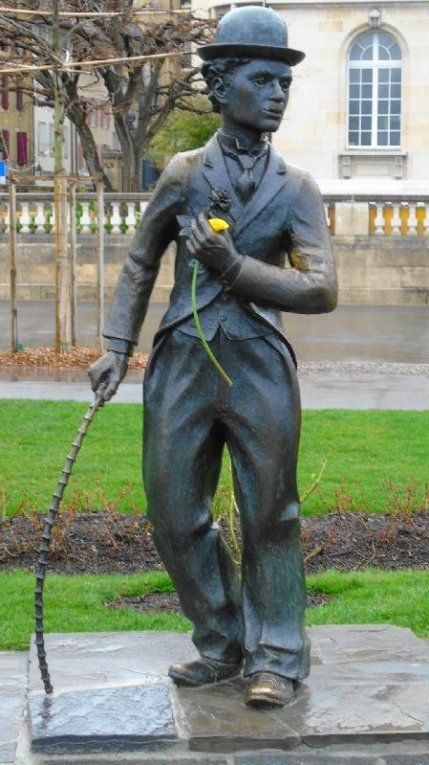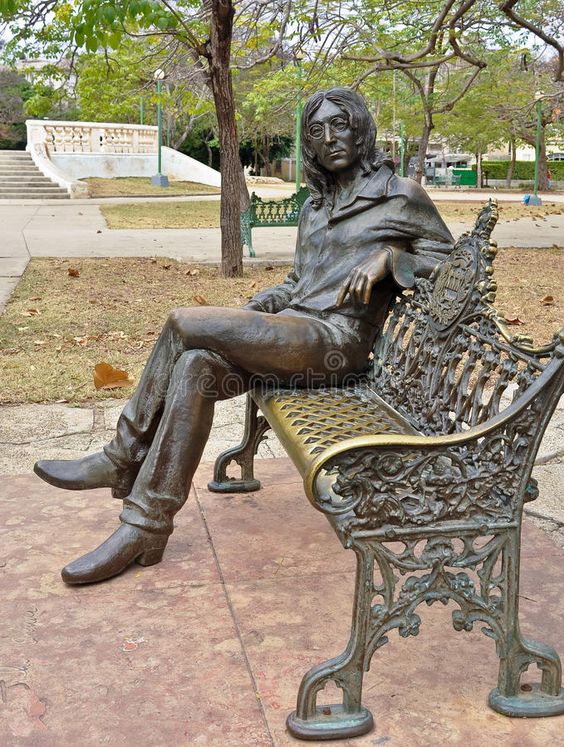 LEMON CHICKEN PASTA
INGREDIENTS
4 boneless skinless chicken breast halves (6 ounces each)
1 teaspoon salt, divided
1/4 teaspoon plus 1/8 teaspoon pepper, divided
1/2 cup all-purpose flour
8 ounces uncooked capellini or angel hair pasta
3 tablespoons olive oil, divided
1/4 cup peeled and thinly sliced garlic cloves (about 12 cloves)
1 cup white wine or chicken broth
2 tablespoons lemon juice
1/2 cup grated Parmigiano-Reggiano cheese
1/3 cup plus 3 tablespoons minced fresh parsley, divided
Lemon wedges, optional
PREPARATION
Pound chicken breasts with a meat mallet to 1/4-in. thickness. Sprinkle with 1/2 teaspoon salt and 1/4 teaspoon pepper. Place flour in a shallow bowl. Dip chicken in flour to coat both sides; shake off excess.
Cook pasta according to package directions for al dente. Meanwhile, in a large skillet, heat 2 tablespoons oil over medium heat. Add chicken; cook 2-3 minutes on each side or until no longer pink. Remove and keep warm.
In same pan, heat remaining oil over medium heat; add garlic. Cook and stir 30-60 seconds or until garlic is lightly browned. Add wine to pan; increase heat to medium-high. Cook, stirring to loosen browned bits from pan, until liquid is reduced by half. Stir in lemon juice.
Drain pasta, reserving 1/2 cup pasta water; place in a large bowl. Add cheese, 1/3 cup parsley, half of the garlic mixture, and remaining salt and pepper; toss to combine, adding enough reserved pasta water to moisten pasta. Serve with chicken. Drizzle with remaining garlic mixture; sprinkle with remaining parsley. If desired, serve with lemon wedges.
|
Saturday, August 31, 2019
LEMON CHICKEN PASTA
AN ENCOUNTER - by James Joyce from '' DUBLINERS''
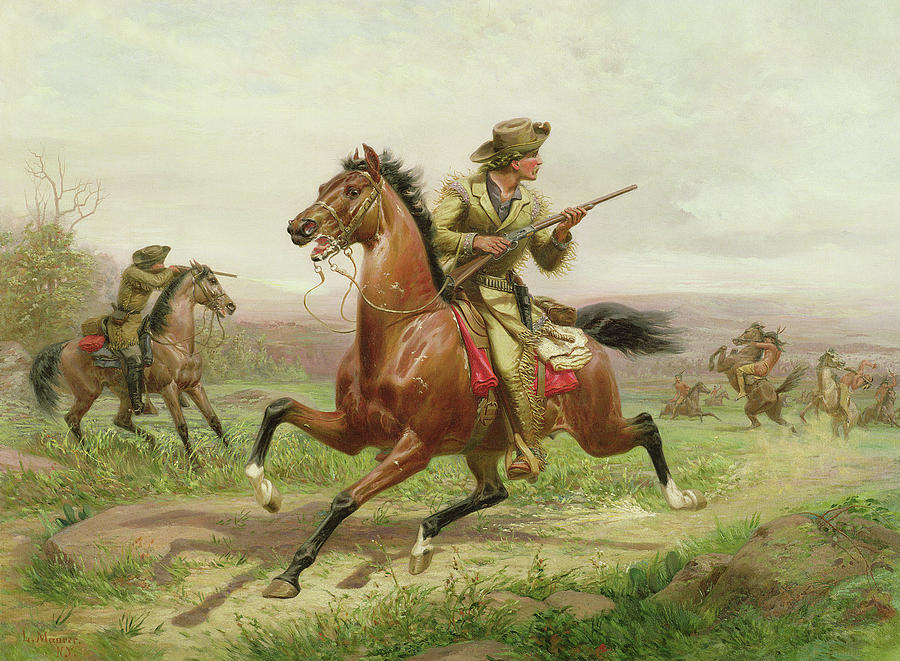
It was Joe Dillon who introduced the Wild West to us. He had a little library made up of old numbers of The Union Jack, Pluck and The Halfpenny Marvel. Every evening after school we met in his back garden and arranged Indian battles. He and his fat young brother Leo, the idler, held the loft of the stable while we tried to carry it by storm; or we fought a pitched battle on the grass. But, however well we fought, we never won siege or battle and all our bouts ended with Joe Dillon’s war dance of victory. His parents went to eight-o’clock mass every morning in Gardiner Street and the peaceful odour of Mrs Dillon was prevalent in the hall of the house. But he played too fiercely for us who were younger and more timid. He looked like some kind of an Indian when he capered round the garden, an old tea-cosy on his head, beating a tin with his fist and yelling:
“Ya! yaka, yaka, yaka!”
Everyone was incredulous when it was reported that he had a vocation for the priesthood. Nevertheless it was true.
A spirit of unruliness diffused itself among us and, under its influence, differences of culture and constitution were waived. We banded ourselves together, some boldly, some in jest and some almost in fear: and of the number of these latter, the reluctant Indians who were afraid to seem studious or lacking in robustness, I was one. The adventures related in the literature of the Wild West were remote from my nature but, at least, they opened doors of escape. I liked better some American detective stories which were traversed from time to time by unkempt fierce and beautiful girls. Though there was nothing wrong in these stories and though their intention was sometimes literary they were circulated secretly at school. One day when Father Butler was hearing the four pages of Roman History clumsy Leo Dillon was discovered with a copy of The Halfpenny Marvel.
“This page or this page? This page? Now, Dillon, up! ‘Hardly had the day’.... Go on! What day? ‘Hardly had the day dawned’.... Have you studied it? What have you there in your pocket?”
Everyone’s heart palpitated as Leo Dillon handed up the paper and everyone assumed an innocent face. Father Butler turned over the pages, frowning.
“What is this rubbish?” he said. “The Apache Chief! Is this what you read instead of studying your Roman History? Let me not find any more of this wretched stuff in this college. The man who wrote it, I suppose, was some wretched fellow who writes these things for a drink. I’m surprised at boys like you, educated, reading such stuff. I could understand it if you were ... National School boys. Now, Dillon, I advise you strongly, get at your work or....”
This rebuke during the sober hours of school paled much of the glory of the Wild West for me and the confused puffy face of Leo Dillon awakened one of my consciences. But when the restraining influence of the school was at a distance I began to hunger again for wild sensations, for the escape which those chronicles of disorder alone seemed to offer me. The mimic warfare of the evening became at last as wearisome to me as the routine of school in the morning because I wanted real adventures to happen to myself. But real adventures, I reflected, do not happen to people who remain at home: they must be sought abroad.
The summer holidays were near at hand when I made up my mind to break out of the weariness of school-life for one day at least. With Leo Dillon and a boy named Mahony I planned a day’s miching. Each of us saved up sixpence. We were to meet at ten in the morning on the Canal Bridge. Mahony’s big sister was to write an excuse for him and Leo Dillon was to tell his brother to say he was sick. We arranged to go along the Wharf Road until we came to the ships, then to cross in the ferryboat and walk out to see the Pigeon House. Leo Dillon was afraid we might meet Father Butler or someone out of the college; but Mahony asked, very sensibly, what would Father Butler be doing out at the Pigeon House. We were reassured: and I brought the first stage of the plot to an end by collecting sixpence from the other two, at the same time showing them my own sixpence. When we were making the last arrangements on the eve we were all vaguely excited. We shook hands, laughing, and Mahony said:
“Till tomorrow, mates!”
That night I slept badly. In the morning I was first-comer to the bridge as I lived nearest. I hid my books in the long grass near the ashpit at the end of the garden where nobody ever came and hurried along the canal bank. It was a mild sunny morning in the first week of June. I sat up on the coping of the bridge admiring my frail canvas shoes which I had diligently pipeclayed overnight and watching the docile horses pulling a tramload of business people up the hill. All the branches of the tall trees which lined the mall were gay with little light green leaves and the sunlight slanted through them on to the water. The granite stone of the bridge was beginning to be warm and I began to pat it with my hands in time to an air in my head. I was very happy.
When I had been sitting there for five or ten minutes I saw Mahony’s grey suit approaching. He came up the hill, smiling, and clambered up beside me on the bridge. While we were waiting he brought out the catapult which bulged from his inner pocket and explained some improvements which he had made in it. I asked him why he had brought it and he told me he had brought it to have some gas with the birds. Mahony used slang freely, and spoke of Father Butler as Old Bunser. We waited on for a quarter of an hour more but still there was no sign of Leo Dillon. Mahony, at last, jumped down and said:
“Come along. I knew Fatty’d funk it.”
“And his sixpence...?” I said.
“That’s forfeit,” said Mahony. “And so much the better for us, a bob and a tanner instead of a bob.”
We walked along the North Strand Road till we came to the Vitriol Works and then turned to the right along the Wharf Road. Mahony began to play the Indian as soon as we were out of public sight. He chased a crowd of ragged girls, brandishing his unloaded catapult and, when two ragged boys began, out of chivalry, to fling stones at us, he proposed that we should charge them. I objected that the boys were too small and so we walked on, the ragged troop screaming after us: “Swaddlers! Swaddlers!” thinking that we were Protestants because Mahony, who was dark-complexioned, wore the silver badge of a cricket club in his cap. When we came to the Smoothing Iron we arranged a siege; but it was a failure because you must have at least three. We revenged ourselves on Leo Dillon by saying what a funk he was and guessing how many he would get at three o’clock from Mr Ryan.
We came then near the river. We spent a long time walking about the noisy streets flanked by high stone walls, watching the working of cranes and engines and often being shouted at for our immobility by the drivers of groaning carts. It was noon when we reached the quays and, as all the labourers seemed to be eating their lunches, we bought two big currant buns and sat down to eat them on some metal piping beside the river. We pleased ourselves with the spectacle of Dublin’s commerce, the barges signalled from far away by their curls of woolly smoke, the brown fishing fleet beyond Ringsend, the big white sailing-vessel which was being discharged on the opposite quay. Mahony said it would be right skit to run away to sea on one of those big ships and even I, looking at the high masts, saw, or imagined, the geography which had been scantily dosed to me at school gradually taking substance under my eyes. School and home seemed to recede from us and their influences upon us seemed to wane.
We crossed the Liffey in the ferryboat, paying our toll to be transported in the company of two labourers and a little Jew with a bag. We were serious to the point of solemnity, but once during the short voyage our eyes met and we laughed. When we landed we watched the discharging of the graceful threemaster which we had observed from the other quay. Some bystander said that she was a Norwegian vessel. I went to the stern and tried to decipher the legend upon it but, failing to do so, I came back and examined the foreign sailors to see had any of them green eyes for I had some confused notion.... The sailors’ eyes were blue and grey and even black. The only sailor whose eyes could have been called green was a tall man who amused the crowd on the quay by calling out cheerfully every time the planks fell:
“All right! All right!”
When we were tired of this sight we wandered slowly into Ringsend. The day had grown sultry, and in the windows of the grocers’ shops musty biscuits lay bleaching. We bought some biscuits and chocolate which we ate sedulously as we wandered through the squalid streets where the families of the fishermen live. We could find no dairy and so we went into a huckster’s shop and bought a bottle of raspberry lemonade each. Refreshed by this, Mahony chased a cat down a lane, but the cat escaped into a wide field. We both felt rather tired and when we reached the field we made at once for a sloping bank over the ridge of which we could see the Dodder.
It was too late and we were too tired to carry out our project of visiting the Pigeon House. We had to be home before four o’clock lest our adventure should be discovered. Mahony looked regretfully at his catapult and I had to suggest going home by train before he regained any cheerfulness. The sun went in behind some clouds and left us to our jaded thoughts and the crumbs of our provisions.
There was nobody but ourselves in the field. When we had lain on the bank for some time without speaking I saw a man approaching from the far end of the field. I watched him lazily as I chewed one of those green stems on which girls tell fortunes. He came along by the bank slowly. He walked with one hand upon his hip and in the other hand he held a stick with which he tapped the turf lightly. He was shabbily dressed in a suit of greenish-black and wore what we used to call a jerry hat with a high crown. He seemed to be fairly old for his moustache was ashen-grey. When he passed at our feet he glanced up at us quickly and then continued his way. We followed him with our eyes and saw that when he had gone on for perhaps fifty paces he turned about and began to retrace his steps. He walked towards us very slowly, always tapping the ground with his stick, so slowly that I thought he was looking for something in the grass.
He stopped when he came level with us and bade us good-day. We answered him and he sat down beside us on the slope slowly and with great care. He began to talk of the weather, saying that it would be a very hot summer and adding that the seasons had changed greatly since he was a boy, a long time ago. He said that the happiest time of one’s life was undoubtedly one’s schoolboy days and that he would give anything to be young again. While he expressed these sentiments which bored us a little we kept silent. Then he began to talk of school and of books. He asked us whether we had read the poetry of Thomas Moore or the works of Sir Walter Scott and Lord Lytton. I pretended that I had read every book he mentioned so that in the end he said:
“Ah, I can see you are a bookworm like myself. Now,” he added, pointing to Mahony who was regarding us with open eyes, “he is different; he goes in for games.”
He said he had all Sir Walter Scott’s works and all Lord Lytton’s works at home and never tired of reading them. “Of course,” he said, “there were some of Lord Lytton’s works which boys couldn’t read.” Mahony asked why couldn’t boys read them, a question which agitated and pained me because I was afraid the man would think I was as stupid as Mahony. The man, however, only smiled. I saw that he had great gaps in his mouth between his yellow teeth. Then he asked us which of us had the most sweethearts. Mahony mentioned lightly that he had three totties. The man asked me how many had I. I answered that I had none. He did not believe me and said he was sure I must have one. I was silent.
“Tell us,” said Mahony pertly to the man, “how many have you yourself?”
The man smiled as before and said that when he was our age he had lots of sweethearts.
“Every boy,” he said, “has a little sweetheart.”
His attitude on this point struck me as strangely liberal in a man of his age. In my heart I thought that what he said about boys and sweethearts was reasonable. But I disliked the words in his mouth and I wondered why he shivered once or twice as if he feared something or felt a sudden chill. As he proceeded I noticed that his accent was good. He began to speak to us about girls, saying what nice soft hair they had and how soft their hands were and how all girls were not so good as they seemed to be if one only knew. There was nothing he liked, he said, so much as looking at a nice young girl, at her nice white hands and her beautiful soft hair. He gave me the impression that he was repeating something which he had learned by heart or that, magnetised by some words of his own speech, his mind was slowly circling round and round in the same orbit. At times he spoke as if he were simply alluding to some fact that everybody knew, and at times he lowered his voice and spoke mysteriously as if he were telling us something secret which he did not wish others to overhear. He repeated his phrases over and over again, varying them and surrounding them with his monotonous voice. I continued to gaze towards the foot of the slope, listening to him.
After a long while his monologue paused. He stood up slowly, saying that he had to leave us for a minute or so, a few minutes, and, without changing the direction of my gaze, I saw him walking slowly away from us towards the near end of the field. We remained silent when he had gone. After a silence of a few minutes I heard Mahony exclaim:
“I say! Look what he’s doing!”
As I neither answered nor raised my eyes Mahony exclaimed again:
“I say.... He’s a queer old josser!”
“In case he asks us for our names,” I said, “let you be Murphy and I’ll be Smith.”
We said nothing further to each other. I was still considering whether I would go away or not when the man came back and sat down beside us again. Hardly had he sat down when Mahony, catching sight of the cat which had escaped him, sprang up and pursued her across the field. The man and I watched the chase. The cat escaped once more and Mahony began to throw stones at the wall she had escaladed. Desisting from this, he began to wander about the far end of the field, aimlessly.
After an interval the man spoke to me. He said that my friend was a very rough boy and asked did he get whipped often at school. I was going to reply indignantly that we were not National School boys to be whipped, as he called it; but I remained silent. He began to speak on the subject of chastising boys. His mind, as if magnetised again by his speech, seemed to circle slowly round and round its new centre. He said that when boys were that kind they ought to be whipped and well whipped. When a boy was rough and unruly there was nothing would do him any good but a good sound whipping. A slap on the hand or a box on the ear was no good: what he wanted was to get a nice warm whipping. I was surprised at this sentiment and involuntarily glanced up at his face. As I did so I met the gaze of a pair of bottle-green eyes peering at me from under a twitching forehead. I turned my eyes away again.
The man continued his monologue. He seemed to have forgotten his recent liberalism. He said that if ever he found a boy talking to girls or having a girl for a sweetheart he would whip him and whip him; and that would teach him not to be talking to girls. And if a boy had a girl for a sweetheart and told lies about it then he would give him such a whipping as no boy ever got in this world. He said that there was nothing in this world he would like so well as that. He described to me how he would whip such a boy as if he were unfolding some elaborate mystery. He would love that, he said, better than anything in this world; and his voice, as he led me monotonously through the mystery, grew almost affectionate and seemed to plead with me that I should understand him.
I waited till his monologue paused again. Then I stood up abruptly. Lest I should betray my agitation I delayed a few moments pretending to fix my shoe properly and then, saying that I was obliged to go, I bade him good-day. I went up the slope calmly but my heart was beating quickly with fear that he would seize me by the ankles. When I reached the top of the slope I turned round and, without looking at him, called loudly across the field:
“Murphy!”
My voice had an accent of forced bravery in it and I was ashamed of my paltry stratagem. I had to call the name again before Mahony saw me and hallooed in answer. How my heart beat as he came running across the field to me! He ran as if to bring me aid. And I was penitent; for in my heart I had always despised him a little.

Friday, August 30, 2019
HOW TO IMPROVE YOURSELF - by Anonymous
 |
SOUTH AMERICAN FIGHTS AND FIGHTERS by Cyrus Townsend Brady - PERU AND THE PIZARROS - THE THIRD PART/ / FINAL
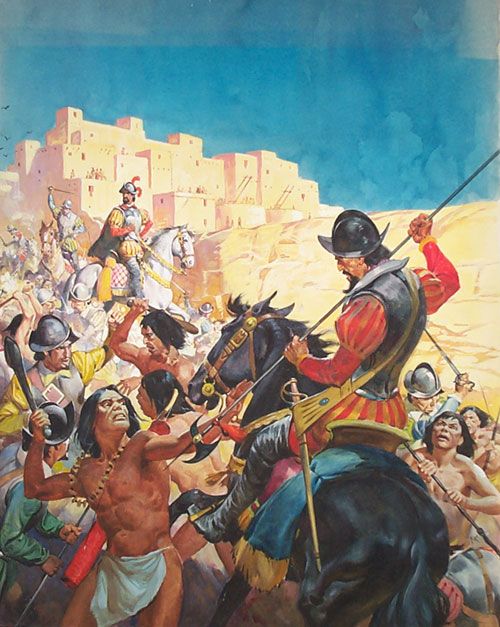
VI. THE INCA AND THE PERUVIANS STRIKE VAINLY FOR FREEDOM
The city of Cuzco was, without doubt, the most superb capital on the American continent. Indeed, in many respects, it would have compared favorably with, let us say, Paris in the sixteenth century, with its narrow, crooked, unpaved filthy streets, its indifferent protections, and its utterly inadequate water and sewer system. The streets, which were broad and level, crossed each other at regular intervals at right angles. They were smoothly paved with large, carefully joined flagstones. The houses in the city were mainly built of stone. The palace of the Inca, which stood alone in the great square, was of marble. The temples and buildings for public assemblages, armories, granaries, storehouses, et cetera, were of great size. The stones used in their erection were of such dimensions that the Spanish marvelled at the engineering genius which could have quarried them and put them in place, just as the people of to-day are amazed at Baalbec and the pyramids. Stone conduits ran down each street, bringing delicious water to each doorway, and the city was traversed by two mountain streams crossed by bridges cut by watergates. That the cold, clear water might be kept pure and sweet, the beds of the rivers like those of the Euphrates at Babylon, had been paved.
The city was surrounded by walls and dominated by a great fortress called Sacsahuaman, which stood upon a steep and rocky hill overlooking the capital. On the side toward the city the fortress was practically impregnable on account of the precipitous slopes of the cliffs. The other side was defended by three stone walls laid out in zigzag shape, with salient and reëntrant angles (demi-lunes), like an old-fashioned rail fence, with many doors, each closed by stone portcullis, in each wall. Within the walls was a citadel of three tall towers. The whole constituted a most formidable position.
While Francisco Pizarro was founding and laying out on a magnificent scale and with lavish generosity the city of Lima, near the seaboard, Hernando was made governor of Cuzco. Hernando was, without doubt, the most able and most admirable of the Pizarros, although his fame has been obscured by that of his elder brother. He had been directed by Charles V to treat the Inca and the people with kindness, and, perhaps on that account, he had not exercised so rigorous a surveillance over the movements of young Manco as his ordinary prudence would have dictated. At any rate, the bold and youthful emperor found no difficulty in leaving his ancient capital. He repaired immediately to the Valley of Yucay, in the high mountains of the northeastward of Cuzco. There had been brewing a vast conspiracy against the Spaniards for some time, and at the summons of the Inca, thither resorted the great chiefs of the Peruvians with their retainers and dependents, including their women and children.
The partisans of the two Inca half-brothers, who had not been slain, made common cause with each other. All internal differences were forgotten in the presence of the common enemy. They had much to revenge. Their treasures had been taken, their temples polluted, their religion profaned, their monarchs slain, their women outraged and the people forced into a degrading, exhausting slavery. Strange is it to recognize that human slavery was introduced into Peru by the Christians!
It is good to think that the manhood of the Peruvians was awakened at last. Manco, burning with fiery patriotic zeal, summoned his great vassals and subjects to his standard. "Death to the Spaniards!" were the watchwords that resounded with fierce war-cries among the mountains and hills. With ancient ceremonies, drinking from a common cup, they pledged their lives, their fortunes, and their sacred honor to their hereditary chief in defense of their altars and their fires, their native land.
Early in 1536 a vast army swept down through the mountain passes and made toward the ancient capital. The three Pizarros, Hernando, Juan and Gonzalo, put themselves at the head of their horsemen and sallied out to meet them. They killed numbers of Peruvians, but all their valor could not check the resistless force of the patriotic army. The Spaniards were swept back into the city, glad to escape with their lives before such overwhelming numbers; indeed, only a timely attack by a detachment in the rear of the Peruvians saved them from destruction then and there. Cuzco was at once invested. The Indians, with a heroism which cannot be too greatly commended, endeavored to carry the place by assault.
They set fire to the thatched roofs of their own houses, devoting their city to flames, like the Russians at Moscow, to compass the annihilation of the detested invaders. The wind favored them, and a besom of flame swept over the devoted town until over one-half of it was laid in ruins. There were ninety Spanish horse in the city, probably as many foot, and a thousand Indian auxiliaries, but they were soldiers of the highest quality and led by three captains whose like for daring and skill are not often seen.
No one ever questioned the courage or the military ability of the Pizarros and certainly they exhibited both qualities in full measure during the siege. Of all the brothers, it is probable that Hernando was the most daring cavalier as well as the most capable captain, although in personal prowess his younger brothers were not a whit behind him. Indeed, Gonzalo was reckoned as the best lance in the New World. Stifled by the smoke, scorched by the flames, parched with heat, choked with thirst, exhausted with hunger, crazed from loss of sleep, yet battling with the energy of despair against overwhelming numbers of Indians, who, with a reckless disregard for life, hurled themselves upon the sword-points, the Spaniards after several days of the most terrific fighting, were forced into the square, which they held against their enemy by dint of the most heroic and continuous endeavors.
The Peruvians barricaded the streets with the debris of their ruined houses and sharpened stakes, and prepared to press home for a final attack. Although the slaughter among the Indians had been fearful, the odds against the Spaniards did not appear diminished, for it was learned afterward that there were more than one hundred thousand warriors engaged, and, with a host of followers and servants, the total aggregated at least eighty thousand more. And, indeed, the Spaniards mourned the death of many a brave cavalier and stout man-at-arms. In all the fighting the young Inca, in full war-gear of gold and silver, mounted on a captured horse, with a Spanish lance in his hand, had played a hero's dauntless part.
At the commencement of the siege there had been a discussion as to whether they should occupy the great fortress of Sacsahuaman, or not. Juan Pizarro had dissuaded the Spanish from the attempt, for, he said: "Our forces are too weak to hold both places. The city is the most important, and should it happen that we need the fortress we can take it any time." Without opposition the Indian High Priest had occupied it with a large body of men.
It was evident, at last, that the Spaniards would either have to retreat from their town or seize the fortress, which, now that they had been driven from the walls, commanded their position in the square. Most of the cavaliers were for retreat. There is no doubt that the horse could certainly have cut their way through the ranks of the besiegers, and have escaped, together with most of the foot as well.
Hernando was quite as persistent as his indomitable brother Francisco, however, and he talked equally as well to the soldiers. He made them a stirring address which he closed by declaring that he had been sent there to hold the town, and hold it he would if he had to hold it alone; that he would rather die there in the square with the consciousness that he had kept his trust than abandon the place. Juan and Gonzalo seconded his stirring appeal. It was resolved that the fortress should be taken. Hernando proposed to lead the assault in person, but Juan interposed with the remark that he had objected to its seizure in the first instance, and to him rightfully belonged the leadership of the forlorn hope to repair the error. Hernando consented.
Juan and Gonzalo, with their commands and fifty of their best horse, were detailed for the purpose. By Hernando's instructions they cut through the Indians and galloped headlong down the road in the direction of Lima. The Indians were deceived by the seeming dash of the horsemen through the lines and, supposing them to be in retreat, turned their attention to the Spaniards left in the square. The conflict which had been intermitted for a space began again with the utmost fury.
In the midst of it, Juan Pizarro, who had galloped about a league from the town and then made a long detour, suddenly appeared at Sacsahuaman. The Spaniards immediately rushed to the assault. This diversion caused the Indians, who had been literally forcing the Spaniards in the town up against the wall, and in the last ditch, as it were, to give ground. Thereupon the dauntless Hernando charged upon them, drove them out of the square, and succeeded in establishing communications with Juan and Gonzalo on the hill. He directed Juan to hold his position and make no attack, but Juan thought he saw an opportunity to gain the fortress, and at vespers the Spaniards rushed at the walls.
There were Indians not only within but without the walls, and the fighting was soon of the most sanguinary description. Juan Pizarro had been wounded previously in a skirmish and on account of this wound was unable to wear his morion. Hernando had especially cautioned him to be careful on this account; but the impetuous valor of the Pizarros was not to be restrained by considerations of any personal safety, and Juan was in the front rank of the storming party. They had cut their way through to the fort and were battling for entrance when a stone hurled from the tower struck Juan in the head, knocking him senseless. The wound was of such a character that two weeks afterward he died of it in great agony. He was the first to pay the penalty. History has preserved little concerning him, but some chroniclers have found him the highest-minded of the brothers, possibly because less is known about him! At any rate, he was a valiant soldier.
Gonzalo succeeded to the leadership, and although he and his men fought heroically, they were at last forced back from the fortress in spite of the fact that they had gained the outer walls. The fighting had transferred itself from the city to the hills, which was a sad tactical error on the part of the Peruvians, for they had force enough to overwhelm Hernando and his men in the city, while they held Juan and Gonzalo in play at Sacsahuaman, in which case all the Spaniards would eventually have fallen into their hands.
As night fell Hernando left the city and came up to the hill. The Spaniards busied themselves in making scaling-ladders, and in the morning, with the aid of the ladders, the assault was resumed with desperate fury. Wall after wall was carried, and finally the fighting ranged around the citadel. The Inca had sent five thousand of his best men to reënforce the defenders, but the Spaniards succeeded in preventing their entrance to the fort which was now in a sorry plight. The ammunition, arrows, spears, stone, et cetera of the garrison was almost spent. The Spanish attack was pressed as rigorously as at the beginning. The High Priest, priests have ever been among the first to incite people to war, and among the first to abandon the field of battle, fled with a great majority of his followers, and escaped by subterranean passages from the citadel, leaving but a few defenders to do or die.
First among them was a chief, whose name, unfortunately, has not been preserved. He was one of those, however, who had drunk of the cup and pledged himself in the mountains of Yucay. Driven from wall to wall and from tower to tower, he and his followers made a heroic defense. The Spanish chroniclers say that when this hero, whose exploits recall the half-mythical legends of the early Roman Republic, when men were as demi-gods, saw one of his men falter, he stabbed him and threw his body upon the Spaniards. At last he stood alone upon the last tower. The assailants offered him quarter, which he disdained. Shouting his war-cry of defiance, he dashed his sole remaining weapon in the faces of the escaladers and then hurled himself bodily upon them to die on their sword-points. Let him be remembered as a soldier, a patriot, and a gentleman.
The fortress was gained! Dismayed by the fearful loss that they had sustained, the Peruvians, who had fought so valiantly, if so unsuccessfully, withdrew temporarily. Hernando Pizarro was master of the situation. He employed the few days of respite given him in gathering supplies and strengthening his position. It was well that he did so, for in a short time the Peruvians once more appeared around the city, to which they laid a regular siege.
There was more sharp fighting, but nothing like the Homeric combats of the first investment. The Peruvians had risen all over the land. Detached parties of Spaniards had been cut off without mercy. Francisco Pizarro was besieged in Lima. Messengers and ships were despatched in every direction, craving assistance. Francisco did not know what had happened in Cuzco, and the brothers in that city began to despair of their being extricated from their terrible predicament. Help came to them from an unexpected source.
We left Almagro marching toward Chili. His was no lovely promenade through a pleasant, smiling, fertile, wealthy land. He traversed vast deserts under burning skies. He climbed lofty mountains in freezing cold and found nothing. In despair, he turned back to Peru. The limits assigned to Pizarro were not clear. Almagro claimed that the city of Cuzco was within his province, and determined to return and take it. On the way his little army, under the command of a very able soldier named Orgonez, met and defeated a large army of Peruvians. This, taken with the arrival of the harvest time, which must of necessity be gathered if the people were not to starve, caused the subsequent dissipation of the Peruvian army. The Inca maintained a fugitive court in the impregnable and secret fastnesses of the mountains, but the Peruvians never gave any more trouble to the Spaniards. They had spent themselves in this one fierce but futile blow. I am glad for the sake of their manhood that at least they had fought one great battle for their lands and liberties.
VII. "THE MEN OF CHILI " and the Civil Wars
Almagro, assisted by treachery on the part of some of the Spaniards who hated the Pizarros, made himself master of the city, and, breaking his plighted word, seized Hernando and Gonzalo.
Meanwhile Francisco, the Marquis, had despatched a certain captain named Alvarado with a force to relieve Cuzco. Almagro marched out with his army and defeated the superior force of Alvarado in the battle of Abancay, in July, 1537, in which, through the generalship of Orgonez, Alvarado's troops were captured with little or no loss in Almagro's army. Almagro had left Gonzalo Pizarro behind in Cuzco, but had taken Hernando, heavily guarded, with him. Orgonez had urged Almagro to put both of them to death. "Dead men," he pithily remarked, "need no guards." On the principle of "In for a penny, in for a pound," Almagro was already deep enough in the bad graces of Francisco Pizarro, and he might as well be in deeper than he was, especially as the execution of Hernando would remove his worst enemy. But Almagro does not appear to have been an especially cruel man. He was an easy-going, careless, jovial, pleasure-loving soldier, and he spared the lives of the two brothers. Gonzalo escaped, and assembling a force, immediately took the field.
There had been a meeting between Francisco and Almagro. The latter got an inkling that there was treachery intended, and though the meeting had begun with embraces and tears, it was broken off abruptly and both the ancient partners prepared for an appeal to arms. Almagro had released Hernando on his promise to return immediately to Spain. This promise Hernando broke. Francisco made his brother commander of the army, and the forces of the two commanders met on the plains of Salinas on the 6th of April, 1538.
There were about seven hundred on one side, Pizarro's, and five hundred on the other, equally divided between horse and foot, with a few pieces of artillery in both armies. The men of Chili, as Almagro's forces were called, hated their former comrades, and Pizarro's men returned this feeling with such animosities as are engendered nowhere save in civil war. Victory finally attended Hernando Pizarro. He had fought in the ranks like a common soldier, save that he had been at great pains so to distinguish himself by his apparel that every one could know him, so that all who sought him could find him. Orgonez was slain as he lay on the ground, wounded. Such was the close, fierce fighting that the killed alone numbered nearly two hundred, besides a proportionately greater number wounded.
Almagro had watched the battle from an adjacent hill. He was old and ill, broken down from excesses and dissipations. Unable to sit a horse, he had been carried thither on a litter. The sight of his routed army admonished him to try to escape. With great pain and difficulty he got upon a horse, but being pursued, the animal stumbled and Almagro fell to the ground. Some of Pizarro's men were about to dispatch him when Hernando interfered. He was taken prisoner to Cuzco and held in captivity for a while. Hernando had announced his intention of sending him to Spain for trial, but a conspiracy to effect his release, in which was our old friend De Candia, caused a change in his purposes. Almagro was tried on charges which were easily trumped up, was found guilty, of course, and in spite of his protestations and piteous appeals for life, he was strangled to death at night in his prison on the 8th of July, 1538, in the sixty-fifth year of his life. His head was then struck from his shoulders and both were exhibited in the great square at Cuzco. Vainglorious, ignorant, incompetent, yet cheerful, generous, frank, kindly and open-hearted, and badly treated by Pizarro and his brothers, he possibly deserved a better fate.
The Pizarro brothers affected to be overcome by the stern necessity which compelled poor Almagro's execution. As Francisco had done when he had killed Atahualpa, these two put on mourning and insisted upon being pall-bearers, and exhibited every outward manifestation of deep and abiding grief.
Almagro left a son, Diego, by an Indian woman, to whom he had not been married. This young man was under the guardianship of Pizarro at Lima. The sword of Damocles hung over his head for a while, but he was spared eventually and, the rebellion of Almagro having been cut down, the revolt of the Inca crushed, peace appeared once more to dwell in the land.
VIII. THE MEAN END OF THE GREAT CONQUISTADOR
But fate had not finished with the Pizarros as yet. Hernando was sent back to Spain to explain the situation, and Gonzalo despatched to Quito, of which province he was made governor. He had instructions to explore the country eastward to see if he could find another Peru. He made a marvelous march to the head-waters of the Amazon River, where he was deserted by one of his commanders, Orellana, who built a brigantine, sailed down the whole length of the Amazon, finally reaching Europe, while Gonzalo and those few of his wretched followers who survived the terrible hardships of that march, struggled back to Quito.
Francisco, the Marquis, was thus left alone in Peru. The position of the men of Chili was precarious. Although outwardly things were peaceful, yet they felt that at any time Pizarro might institute war against them. They got the young Almagro away from him, and a score of men under Juan de Rada, a stout-hearted veteran, mercenary soldier, determined to put the Marquis to death and proclaim the young Almagro as Lord and Dictator of Peru.
On Sunday afternoon, the 26th of June, 1541, De Rada and nineteen desperate men of Chili, met at De Rada's house in Lima. Pizarro had received a number of warnings which he had neglected, confident in the security of his position, but the existence of the conspiracy had been brought home to him with peculiar force that Sunday, and he had remained in his palace at Lima surrounded by a number of gentlemen devoted to his cause. At vespers, which seems to have been a favorite hour for nefarious deeds among the Spaniards, the assassins sallied forth from the home of De Rada and started for the palace.
Such was the indifference in which the people held the squabbles between the Pizarrists and the Almagrists, that it was casually remarked by many of them, as the assassins proceeded through the streets, that they were probably on their way to kill the governor. The governor was at supper on the second floor of his palace. There was a sudden tumult in the square below. The door was forced open and the Almagrists, shouting "Death to Pizarro!" rushed for the stairs. Most of the noble company with the old Marquis fled. The great conquistador at least had no thought of flight. There remained with him, however, two pages, his brother Martin de Alcántara, Francisco de Chaves, one of the immortal thirteen of Gallo, and another cavalier, named De Luna.
As they heard the clash of arms on the stairs and the shouting of the assailants, the Marquis ordered De Chaves to close the door; then he sprang to the wall, tore from it his corselet and endeavored to buckle it on his person. De Chaves unwisely attempted to parley, instead of closing the door and barring it. The assailants forced the entrance, cut down De Chaves, and burst into the room. Pizarro gave over the attempt to fasten his breastplate, and seizing a sword and spear, defended himself stoutly while pealing his war-cry: "Santiago!" through the palace. The two pages, fighting valiantly, were soon cut down. De Alcántara and De Luna were also killed, and finally, Pizarro, an old man over seventy years of age, stood alone before the murderers.
Such was the wonderful address of the sword play with which he defended himself that the conspirators were at a loss how to take him, until De Rada, ruthlessly seizing one of his comrades, pitilessly thrust him upon Pizarro's sword-point, and, before the old man could withdraw the weapon, cut him in the throat with his sword. Instantly Pizarro was struck by a dozen blades. He fell back upon the floor, but he was not yet dead, and with his own blood he marked a cross on the stones. It is alleged by some that he asked for a confessor, but that is hardly likely, for as he bent his head to press his lips upon the cross, one of the murderers, seizing a huge stone bowl, or earthen vessel, threw it upon his head and killed him. Sic transit Pizarro!
If he has been the subject of much severe censure, he has not lacked, especially of late, zealous defenders. I have endeavored to treat him fairly in these sketches. Considering him in comparison with his contemporaries, Cortes surpassed him in ability, Hernando in executive capacity, Almagro in generosity, Balboa in gallantry, and De Soto in courtesy. On the other hand, he was inferior to none of them in bravery and resolution, and he made up for his lack of other qualities by a terrible and unexampled persistency. Nothing could swerve him from his determination. He had a faculty of rising to each successive crisis which confronted him, wresting victory from the most adverse circumstances in a way worthy of the highest admiration. He was not so cruel as Pedrarias, but he was ruthless enough and his fame is forever stained by atrocities and treacheries from which no personal or public success can redeem it. In passing judgment upon him, account must be taken of the humble circumstances of his early life, his lack of decent, healthy environment, his neglected youth, his total ignorance of polite learning. Take him all in all, in some things he was better and in other things no worse than his day and generation.
IX. THE LAST OF THE BRETHREN
Hernando Pizarro was delayed on his voyage to Spain and some of Almagro's partisans got the ear of the King before he arrived. He was charged with having permitted by his carelessness the Peruvian uprising and having unlawfully taken the life of Almagro. The story of his desperate defense of Cusco was unavailing to mitigate the anger of the King at the anarchy and confusion, and incidentally the diminution of the royal revenue, which prevailed in Peru. Hernando was thrown into prison at Medina, and kept there for twenty-three long and weary years.
He had married his own niece, Francisca Pizarro, illegitimate daughter of the Marquis Francisco, by a daughter of the great Inca, Huayna Capac. The woman was a half-sister of Atahualpa and Huascar. By this questionable means, the family of the Pizarros, with certain dignities, restored for their Peruvian service, was perpetuated in Spain. Hernando died at the age of one hundred and four.
De Rada, after the assassination of Francisco, assembled the ancient partisans of Almagro. They swore fealty to the young Almagro, and immediately took the field against a new governor sent out by Charles V. to take charge of affairs in Peru. This Vaca de Castro, through his able lieutenants, Alvarado and Carvajal, defeated the forces of Almagro on the bloody and desperately fought field of Chapus, took the young man prisoner to Cuzco, and beheaded him forthwith. He met his death bravely, without beseeching or repining. Before the fate of the battle was decided, Almagro, suspecting that the gunner, De Candia, another of the thirteen who had adhered to his cause, was not serving his artillery with so good effect as he might, ran him through the body.
There remains but one of the brothers who gave Peru to Spain, the magnificent cavalier, Gonzalo. His fate may be briefly summarized. Another Viceroy, named Blasco Nuñez Vela, succeeded De Castro. He had orders to release the Peruvians from servitude, which meant that the conquerors and the thousands who had come after, would have been compelled to work. Led by Gonzalo, who had been rewarded for his services in the rebellion against Almagro by a domain in Peru which included the newly discovered mines of Potosi, which provided him with the sinews of war, the people rebelled against the Viceroy. Pizarro and his lieutenant, Carvajal, deposed and defeated the Viceroy in a battle near Quito on the 18th of January, 1546, the latter losing his life.
Gonzalo Pizarro was now the supreme lord of Peru, which included practically the whole of the South American coast from the Isthmus of Darien to the Straits of Magellan, for Valdivia, one of Francisco Pizarro's lieutenants, had partially conquered Chili at last.
The Spanish monarch, three thousand miles away, could do nothing by force. He sent an able and devoted ecclesiastic, Gasca by name, clothing him with dictatorial powers, to see what he could do. Gasca arrived at Panama, cunningly and tactfully won the captains of Gonzalo's navy to his side, went to Peru, assembled a force, and although Centeno, one of his lieutenants, was badly defeated by Gonzalo and Carvajal on the 26th of October, 1547, at Huarina, the bloodiest battle ever fought in Peru, finally gained strength enough to march to Cuzco, where Gonzalo had command of a large and splendidly equipped army. Gasca, by promising that the obnoxious laws concerning the Indians should be repealed, and adroitly pointing out that those who adhered to Gonzalo were, in effect, in rebellion against their sovereign, had so undermined the allegiance of his men that Gonzalo, who had marched to the Valley of Xaquixaguana, found himself deserted on the eve of the battle by all but a handful of faithful retainers.
"What shall we do?" asked one of the devoted followers.
"Fall on them and die like Romans."
"I believe I should prefer to die like a Christian," said Gonzalo calmly.
Recognizing that it was all up with him, riding forward with Carvajal and the rest, he coolly surrendered himself to Gasca.
Carvajal was hung, drawn and quartered.
Gonzalo, the last of the brothers, was beheaded in the great square at Cuzco. He was magnificently arrayed as he rode to his death. His vast estates, including the mines of Potosi, had been confiscated and all his possessions were on his back. He met his fate with the courage of the family. Before he died he made a little address from the scaffold. Contrasting his present poverty with his former state, he asked those who had been his friends and who owed him anything, and also those who had been his enemies, to lay out some of the treasure they had gained through his family and himself in masses for the repose of his soul. Then he knelt down before a table bearing a crucifix, and prayed silently. At last he turned to the executioner and said:
"Do your duty with a steady hand!"
So he made a rather dramatic and picturesque exit there in the square at Cuzco, on that sunny morning in April, 1548. His head was exhibited at Lima with that of Carvajal. To it was attached this inscription:
"This is the head of the traitor, Gonzalo Pizarro, who rebelled in Peru against his sovereign and battled against the royal standard at the Valley of Xaquixaguana."
There remains but one other person whose fate excites a passing interest, unless it be Bishop Valverde, who was killed, while on a journey, by the Peruvians, some years before; this is the last Inca, Manco Capac. When De Rada and his band started out to assassinate Pizarro, one of the soldiers, named Gomez Perez, made a detour as they crossed the square, to keep from getting his feet wet in a puddle of muddy water which had overflowed from one of the conduits.
"You shrink," cried De Rada, in contempt, "from wetting your feet, who are about to wade in the blood of the governor! Go back, we will have none of you."
He had not permitted Perez to take part in the assassination. This Perez, after the final defeat of the Almagrists, fled to the mountains where Manco still exercised a fugitive sway over such of his people as could escape the Spaniards. He was afterward pardoned and used as a medium of communication between Gasca and the Inca. The priest viceroy was anxious to be at peace with the Inca, but Manco refused to trust himself to the Spaniards.
Perez and he were playing bowls one day in the mountains. Perez either cheated, or in some way incensed the unfortunate Inca, who peremptorily reproved him, whereupon the Spaniard, in a fit of passion, hurled his heavy stone bowl at the last of the Incas, and killed him. That was the end of Perez, also, for the attendants of the young Inca stabbed him to death.
Thus all those who had borne a prominent part in the great adventures had gone to receive such certain reward as they merited; which reward was not counted out to them in the form of gold and silver, or stones of price. The sway in the new land of the king over the sea was absolute at last, and there was peace, such as it was, in Peru.

SOUTH AMERICAN FIGHTS AND FIGHTERS by Cyrus Townsend Brady - PERU AND THE PIZARROS - SECOND PART

III. "A COMMUNISTIC DESPOTISM "
The empire of Peru well deserved the title of Magnificent. The highest civilization attained on the Western Hemisphere had been reached on this South American coast. A form of government unique in history had been developed and put in operation by a capable and enlightened people. It was a "communistic despotism," a community with a despot and a ruling class superimposed upon its socialism. The sway of these despots was exceedingly mild and gentle, even if absolute. With wonderful ingenuity and a rare capacity for organization, upon the ruins of an older civilization, they built the Inca Empire.
The Incas were the ruling tribe, the Emperor being the Inca par excellence. Their empire was as thoroughly organized as it is possible for a community to be. Indeed, it was organized to death; the Inca was the empire, and one source of the empire's speedy downfall was due to the fact that the national spirit of the Peruvians had been so crushed by the theocratic despotism of their rulers that they viewed the change of masters with more or less indifference. When the Incas conquered a country and people they so arranged affairs as to incorporate the people as part of the empire. They called their domains grandiloquently "the four quarters of the earth." They did not govern this great territory by brute force as did the Aztecs, although they knew how to use the sword if necessary, but by methods dictated by prudent and profound policy, productive of peaceful success. The mild government of the Incas was at once patriarchal, theocratic and despotic. Whatever it was, from the Incas' point of view it was absolute and satisfactory.
Prescott's account of the Inca civilization reads like a romance, yet it is practically borne out by all chroniclers who have discussed the subject, some of whom appear to desire to find the great American historian at fault. Large and populous cities existed, communication between which was had by great national roads traversing every part of the land. Vast herds of llamas were domesticated, from the hair of which the exquisitely woven cloth was made. Agriculture flourished. The country, upraised from the sea by the great range of mountains, afforded every variety of climate from temperate to tropic, and the diversified products of the soil corresponded with the opportunities presented. And every foot of space was utilized for a population of millions of industrious workers, with an economy and resourcefulness only emulated by the Chinese in the working of their country. Even the mountain-sides were terraced by tiny farms.
The Peruvians had made some progress in the arts, less in science. They lacked the art of writing, although they possessed a highly developed system of mnemonic aids in the form of curiously knotted and particolored strings called quipus. Their literature, if the contradiction be permitted, was handed down like their history, by oral tradition.
Great as had been their achievements, however, they were in a curious state of arrested development. With the Peruvians, says Helps, "everything stopped short." They had not arrived at a finality anywhere, save perhaps in their mode of government. They could erect enormous time-defying buildings, but they knew of no way to roof them except by thatching them. Their roads were marvels of engineering construction, but they could not build bridges except frail ones made out of osier cables. No wheels ran along the smooth, well-paved, magnificent highways. They could refine gold and silver and make weapons of tempered copper, but they were entirely ignorant of the use of iron. The greatest human development has depended upon that last metal. The great nations are those which have had the steel-tempered sword blades in their hands. They could administer a colony in a way to excite the admiration of the world, and yet not write a line. There is little probability that they would have progressed much beyond the state at which they had arrived, for there was no individual liberty in the land. That was the fatal defect in their system. It was the lack which put that touch of finality to their otherwise marvelously developed condition and which limited inexorably their civilization. The unchangeable conditions were stifling to ambition and paralyzing to achievement. The two things the country lacked were the two vital things to human progress and human success, letters and liberty.
The religious development of the Peruvians was very high. They worshipped an unknown Supreme Being and they worshipped him, it is conclusively demonstrated, without human sacrifice. Objectively they paid their chief adoration to the sun, moon and stars, and to the Inca as the child or earthly representative of the sun. Sun worship is the noblest and highest of all the purely natural religions. When to this was superadded an instinctive feeling for a great First Cause, of which the solar magnificence was but a manifestation, the religion of the Peruvians is entitled to great respect.
Their history ran back into the mists of the past. At the time of the arrival of Pizarro, a curious condition, anomalous in their records, had arisen. Huayna Capac, one of the greatest monarchs of the Inca line, had extended his dominion by force of arms over the rich province of Quito, far to the north. He had taken as one of his concubines the daughter of the conquered monarch of Quito and by her had a son named Atahualpa.
The son of the monarch by his sister, his only legal wife, or Coya, the irrevocable Peruvian method of providing for the Inca succession, was named Huascar. Huayna on his deathbed, after a glorious reign of forty years, made the fatal mistake of dividing his dominion between Huascar, to whom was given ancient Peru, and Atahualpa, who took Quito to the north. World-history, of which Huayna could have known nothing, has shown conclusively enough that such a policy has always brought about civil war, and this startling reversal of Peruvian custom by a doting monarch on his deathbed produced the usual results.
The armies of Atahualpa, led by two famous soldiers called Quiz-Quiz and Chalcuchima, had met and defeated the troops of Huascar in a series of bloody battles. They had taken that unhappy monarch prisoner and, by a series of terrible massacres instigated by Atahualpa, had striven with large success to cut off the family of the unfortunate Inca root and branches. The land had been devastated by the fierceness of the internecine conflict, towns had been carried by storm, the inhabitants put to the sword; the ordinary course of events had been interrupted and agriculture had languished; the empire lay gasping under the paw of the Peruvian usurper when Pizarro landed upon the shore. The strife that was to ensue was between two base-born, cruel-hearted soldiers of fortune, one at the head of a little body of white men, but with all the prestige of their color and development in warfare, and weapons, the other, the now undisputed monarch of a vast if prostrate and exhausted empire, at the head of great armies flushed with victory and eager for new conquests.
What would the result of the struggle be ?
IV. THE TREACHEROUS AND BLOODY MASSACRE OF CAXAMARCA
Having marched some thirty miles south of Tumbezin the pleasant spring weather, Pizarro, finding what he conceived to be a favorable location for a permanent colony, encamped his army, laid out and began to build a city, which he called San Miguel. The Spaniards were great builders and the city was planned and fortified on an extensive scale and the more important buildings erected, so that it was not until September that Pizarro considered his base of supplies had been made secure.
Meanwhile he had been assiduously seeking information on every hand concerning the internal dissensions in the Peruvian empire, so that he could undertake his conquest intelligently. On the 24th of September, 1532, the valiant little army was mustered and, after deducting a small garrison for San Miguel, those appointed for the expedition were found to include sixty-seven horsemen, three arquebusiers, twenty crossbowmen and eighty-seven footmen, in all one hundred and seventy-seven.
They were accompanied by two pieces of small artillery called falconets, each having a bore of two inches and carrying a shot weighing about a pound and a half, being, with the three arquebusiers, General De Candia's command. With this insignificant force, augmented, I suppose, by some Indian captives acting as pack-mules, Pizarro started out to conquer an empire conservatively estimated to contain from ten to twelve millions of people, supporting an army of disciplined soldiers whose numbers ran into the hundreds of thousands.
The Spanish forces were well equipped and in good condition, but as they left the sea-shore and advanced, without molestation, to be sure, through the populous country, some idea of the magnitude of their self-appointed task permeated the minds of the common soldiery, and evidences of hesitation, reluctance and dissension speedily appeared. The unwillingness of the men grew until Pizarro was forced to take notice of it. Halting on the fifth day in a pleasant valley, he met the emergency in his usual characteristic fashion. Parading the men, he addressed to them another of those fiery speeches for which he was famous, and the quality of which, from so illiterate a man, is amazingly high.
He painted anew the dangers before them, and then adroitly lightened the shadows of his picture by pointing to the rewards. He appealed to all that was best in humanity by saying that he wanted none but the bravest to go forward.
He closed his address by offering to allow all who wished to do so to return to San Miguel, whose feeble garrison, he said, he should be glad to have reënforced. And, with a subtler stroke of policy, he promised that those who went back should share in the rewards gained by their more constant brethren. But four infantrymen and five horsemen shamefacedly availed themselves of this permission. The rest enthusiastically clamored to be led forward. Both mutiny and timidity were silenced forever in that band.
On a similar occasion, Cortes had burnt his ships. It is hard to decide which was the better expedient. Certainly Cortes was incomparably a much abler man than Pizarro, but somehow Pizarro managed to rise to the successive emergencies which confronted him, just the same.
Greatly refreshed in spirits, the army, purged of the malcontents, proceeded cautiously on its way south. They were much elated from time to time at receiving envoys from Atahualpa, who coupled a superstitious reverence for the invaders as Children of the Sun with demands as to their purposes, and a request that they halt and wait the pleasure of the Inca. Pizarro dissembled his intentions and received them with fair words, but refusing to halt, kept steadily on, announcing his intention of visiting Atahualpa wherever he might be found.
Pursuing their journey, the Spaniards came early in November to the foot of the mountains. To the right of them, that is toward the south, extended a great well-paved road which led to the imperial capital of Cuzco. In front of them, a narrow path rose over the mountains. One was easy, the other hard. In spite of suggestions from his soldiery, Pizarro chose the hard way. He had announced his intention of visiting the Inca, and visit him he would although the way to the city of Cuzco was open and the place might easily be taken possession of. The seat of danger and the source of power were alike with the Inca, and not in Cuzco.
With sixty foot and forty horse, this old man, now past sixty years, led the way over the mountains, while his brother brought up the rear with the remainder. The passage was a terrible one, but the indomitable band, catching some of the spirit of their leader, surmounted all the obstacles, and a few days after from the summits of a mighty range, surveyed the fertile, beautiful plains spread out before them on the farther side of the mountain. Close at hand was the white-walled city, Caxamarca or Cajamarca, embowered in verdure in a fruitful valley. The place was an important position, well fortified and containing, under ordinary circumstances, a population of ten thousand. The reader should remember the name, for it was the scene of one of the most remarkable and determinative events in history. The conquest, in fact, was settled there.
Beyond the city, on the slopes of the hills, and divided from it by a river, over which a causeway led, stood the white tents of the fifty thousand soldiers of Atahualpa's army. The number of them filled the Spaniards with amazement, and in some cases with apprehension. There was no going back then, however; there was nothing to do but advance. At the hour when the bells of Holy Church in their home land were ringing vespers, in a cold driving rain mingled with sleet, the little cortège entered the city, which they found as the French found Moscow, deserted of its inhabitants. With the ready instinct of a soldier, Pizarro led his force to the public square, or Plaza, which was in the shape of a rude triangle surrounded on two sides by well-built, two-story houses of stone. On the other side, or base, rose a huge fortress with a tower overlooking the city on one hand and the Inca's camp on the other.
Without hesitation, the weary Spaniards made themselves at home in the vacant buildings around the square; guards were posted in order that the strictest watch might be kept, and other preparations made for defence. Here they prepared for the repose of the night. Meanwhile Hernando de Soto with twenty horse was sent as an ambassador to Atahualpa's camp. He had been gone but a short time when Pizarro, at the suggestion of his brother Hernando, who made the point that twenty horsemen were not sufficient for defense and too many to lose, despatched the latter with twenty more cavalrymen to reënforce the first party.
The two cavaliers and their escort found the Inca in the midst of his camp. The monarch was seated and surrounded by a brilliant assemblage of nobles in magnificent vestments. He was guarded by a great army of soldiers armed with war-clubs, swords and spears of tempered copper, and bows and slings. He received the deputation with the impassivity of a stone image, vouchsafing no answer to their respectful address until it had been several times repeated. At last he declared he would visit the strangers on the morrow, and directed them to occupy the buildings in the public square, and none other until he came to make arrangements. His demeanor was cold and forbidding to the last degree. The results of the embassy were highly unsatisfactory. One incident connected with the interview is worthy of mention.
De Soto, who was a most accomplished cavalier, a perfect centaur in fact, noticing the amazed and somewhat alarmed glances of the Inca's men at the movements of his restless horse, suddenly determined to exhibit his skill at the manège. Striking spurs to his charger, he caused him to curvet and prance in the open before the Inca, showing at the same time his own horsemanship and the fiery impetuosity of the high-spirited animal. He concluded this performance, shall I say circus ? by dashing at full speed toward the Inca, reining in his steed with the utmost dexterity a few feet from the royal person. What the Inca thought of this has not been recorded. I imagine he must have been terribly affronted. Some of his nobles and soldiers, less able to preserve their iron composure than their master, shrank back from the onrushing avalanche of steed and steel presented by De Soto and his horse. The Spaniards found their dead bodies the next day. It did not do to show cowardice in the presence of the Inca! They had been summarily executed by Atahualpa's order. Yet, I cannot think the Inca a man of surpassing bravery after all. Certainly he was not a man of sufficient ability worthily to hold the scepter of so great an empire. He made a frightful mistake in not stopping the invaders where it would have been easy for him to do so, in the narrow defiles of the mountains, and he did not even yet seem to have decided in his own mind how he should treat them. To be sure, according to some accounts, he looked upon them as belonging to the immortal gods, but there have been men brave enough in the defence of land and liberty to defy even the immortal gods! A vast deal of sympathy, indeed, has been wasted upon Atahualpa. Without doubt the Spaniards treated him abominably, and for that treatment the wretched monarch has claims to our consideration, but for his personal qualities or his past record, none. Helps explains his name as derived from two words meaning, "sweet valor!" Markham affirms that the words mean "A chance, or lucky, game-cock!" Neither appellation, in view of Atahualpa's history can be considered as especially apt or happy.
Much dissatisfied and thoroughly perturbed, De Soto and Hernando Pizarro returned to the city. Long and serious were the deliberations of the leaders that night. At length they arrived at a momentous decision, one for which they have been severely and justly censured, but which under the circumstances was the only possible decision which insured their safety. They had no business in that country. They had come there with the deliberate intention of looting it without regard to the rights of the inhabitants, and in that purpose lay the seeds of all their subsequent crimes, treachery, murder, outrage and all other abominations whatsoever. No surprise need be felt therefore, that they determined upon the seizure of the person of the Inca. The example of Cortes with Montezuma was before them. I have no doubt that his amazing exploits in Mexico had been talked over frequently by every camp-fire in the New and the Old World, and many bold spirits had longed for an opportunity to emulate his doings. The Spaniards in Peru had already learned enough of the local conditions to realize that with the person of the Inca they could control the government. To seize him was black treachery, of course; but being there, it was the only thing to do, from their point of view. The night was an anxious one and the morning found them engaged in preparations. De Candia was posted with two small falconets and three arquebusiers on the roof of the fortress. His guns pointed toward the Inca's camp, though he had instructions to turn them on the square as soon as the Peruvians arrived. De Soto and Hernando Pizarro divided the horse between them and occupied the houses on the other side of the square with them. The infantry were distributed at various points of vantage. Pizarro reserved twenty of the trustiest blades for his own escort. The arms of the men were carefully looked to, and nothing that the skill or experience of the captains could suggest was left undone to promote the success of their hazardous and bold undertaking.
Mass was said with great solemnity by the priest of the expedition, Fra Vincente de Valverde, an iron-souled, fierce-hearted Dominican, meet ecclesiastic for such a band. Refreshments were then provided liberally for the soldiers, it is not so stated, but it may be presumed that some of them were in liquid shape, and then the whole party settled down to await developments. Nothing seemed to be going on in the Peruvian camp during the morning. The Inca moved toward the city in the afternoon, but stopped just outside the walls, to the great annoyance of the Spaniards, who had found the long wait a trying experience indeed. Late in the afternoon, Pizarro received a message that Atahualpa had changed his mind and would not visit him until the following day. This did not suit his plans at all. He instantly returned an answer to the Inca, begging him not to defer his visit, saying that he had provided everything for his entertainment, which was quite true although in a very different sense from that conveyed by the words of his messenger—and requesting Atahualpa to arrange to sup with him without fail that night. Pizarro had previously assured the Inca that he would receive him as a "friend and brother"! What reasons actuated the Inca we have no means of ascertaining. Suffice it to say that he changed his mind and came.
A short time after sunset, therefore, the Inca, attended by a numerous retinue, entered the square. Atahualpa was borne aloft on a throne made of massive gold, supported on the shoulders of his attendants. He was dressed with barbaric magnificence in robes of exquisite texture, heavily embroidered and ornamented with gold and silver. Around his neck blazed a necklace of emeralds of wonderful size and great brilliancy. His forehead was hidden by a thick vivid scarlet fringe depending from a diadem almost to the eyebrows. This tassel (or borla, as the Spaniards called it; llauta, according to the Peruvians) was the supreme mark of the imperial dignity in that no one but the Inca could wear it. The Inca was surrounded by a gorgeously attired body of retainers who were preceded by hundreds of menials who cleared the streets of every obstacle which might impede the progress of their master, the Son of the Sun. The processions divided at the square, and the monarch was carried forward in the open. Not a Spaniard save the watchful sentries pacing the fort above, was to be seen.
"Where," asked Atahualpa, looking about in surprise, "are the strangers?"
At this moment, at the request of Pizarro, Father Valverde came forward in his canonicals, crucifix in one hand, breviary or Bible in the other. He was attended by one of the Peruvians whom Pizarro had taken back to Spain, who was to act as interpreter. This precocious little rascal, named Felippo, was the best interpreter that could be found, which is saying little, for his Spanish was bad and mainly picked up in the camps from the rude soldiery, and his Peruvian was only an uncouth dialect of the highly inflected and most flexible and expressive Quichua, the language of the educated, indeed of the most of the people. Approaching the litter of the Inca, Valverde delivered an extraordinary address. He briefly explained the doctrines of the Christian religion to the astonished Peruvian, requiring him to conform to this religion and acknowledge the spiritual supremacy of the Pope, and at the same time to submit to the sway of his Imperial Majesty Charles V. It was a pretty heavy demand to spring upon a great monarch in the midst of his people, and it was not to be wondered at that Atahualpa rejected these requests with contempt.
The Inca answered the friar not without shrewdness. He had gathered the idea from Felippo's vile mistranslation that the Christians worshipped four Gods, i. e. the Trinity and the Pope. He declared that he himself worshipped one, and there was its sign and symbol, pointing to the declining sun; that he believed one God was better than four. He rejected indignantly the idea that he, "The Lord of the Four Quarters of the Earth," owed allegiance to any Charles V. or any other earthly monarch, of whom he had never heard and who had assuredly never heard of him either.
Valverde had referred to the book in his hand as he had spoken and Atahualpa now asked to see it. The volume was a clasped one and he found it difficult to open. Valverde, probably thinking he could show him to unclasp the volume, stepped nearer to him. The Inca repulsed him with disdain. Wrenching open the covers he glanced rapidly at the book, and perhaps suddenly realizing the full sense of the insult which had been offered to him in the demands of the dogmatic and domineering Dominican, he threw the sacred volume to the ground in a violent rage.
"Tell your companions," he said, "that they shall give me an account of their doings in my land. I will not go hence until they have made me full satisfaction for all the wrongs they have committed!"
Then he turned and spoke to his people, the last word he was ever to address them as a free monarch from his throne. There was a loud murmur from the crowd.
Thereupon, according to some accounts, Valverde picked up the book through which Atahualpa had offered such a deadly insult to his religion and rushed back to Pizarro, exclaiming, "Do you not see that while we stand here wasting our breath in talking with this dog, full of pride as he is, the fields are filling with Indians? Set on at once! I absolve you for whatever you do!" I would fain do no man an injustice. Therefore, I also set down what other authorities say, namely, that Valverde simply told Pizarro what had occurred.
There is no dispute, however, as to what happened immediately. Pizarro stepped out from the doorway, and drawing a white scarf from his shoulders, threw it into the air. Instantly a shot roared from the fort above his head. The famous war - cry of the Spaniards, "St. Jago, and at them!" rang over every quarter of the square into which, with bared swords, couched lances and drawn bows, poured the mail clad soldiery horse and foot.
They burst upon the astonished ranks of the unarmed Indians with the suddenness and swiftness of a tornado. From the roof above, the gunners discharged their bullets into the swaying, seething mass. With {84} their wands of office, with their naked hands, with whatever they could seize, the Peruvians defended themselves. They rallied around the person of the Inca, freely offering their breasts to the Spanish blades with the vain attempt to protect their monarch.
Atahualpa sat upon his reeling throne gazing upon the bloody scene in a daze of surprise. Pizarro and the twenty chosen cut their way to the litter and, striking down the helpless bearers thereof, precipitated the Inca to the ground. The Spaniards were mad with carnage now, and were striking indiscriminately at any Indian. Then could be heard Pizarro's stern voice ringing above the melée, "Let no man who values his life strike at the Inca!" Such was the fierceness of his soldiery, however, that in his frenzied attempt to protect the monarch, Pizarro was wounded in one of his hands by his own men. As the Inca fell, he had been caught by Pizarro and supported, although a soldier named Estete snatched the imperial llauta from his head as he fell.
With the capture of the Inca, what little futile resistance the unarmed host had been able to make ceased. The Indians, relentlessly pursued by their bloody conquerors, fled in every direction, and, to anticipate events, the army deprived of its monarch and its generals, dispersed the next day without striking a blow. Indeed the army was helpless for offence while the Spaniards held the Inca as a hostage.
The estimates of the numbers slain in one half-hour's fighting in the square of Caxamarca vary from two to ten thousand. Whatever the number, it was great and horrible enough. An unparalleled act of treachery had been consummated, and Peru, in the space of thirty minutes had been conquered and Pizarro held it in the hollow of his hand. Not a Spaniard had been wounded except Pizarro himself, and his wound had been received from his own men while he tried to protect Atahualpa from the Spaniards' fury.
V. THE RANSOM AND MURDER OF INCA
Pizarro treated the Inca well enough, although he held him in rigorous captivity. Nobody else in Peru seemed to know what to do under the circumstances, and the Spaniards soon lost all apprehension of resistance. Quiz-Quiz and Chalcuchima still held Huascar a captive at Xuaca, a fortress between Caxamarca and Cuzco. Atahualpa, realizing how important such a man would be to the Spaniards, sent orders that he be put to death and the unfortunate deposed Inca was therefore executed by the two generals. Although he was captive, Atahualpa's orders were as implicitly obeyed as if he had been free. He was still the Inca, if only by the right of sword, and the forces of his generals were sufficiently great to render it impossible for the son of Huascar, named Manco Capac, who had escaped the massacre of his kinfolk and who was the legitimate heir to the throne, to claim the crown.
Pizarro, with a fine show of rectitude, affected to be horrified by this evidence of brutal cruelty, and although Atahualpa claimed no connection with the assassination of Huascar, it was impossible to acquit him of it. Greatly desiring his freedom, Atahualpa, who had observed the Spanish greed for gold, made an extraordinary proposition to Pizarro. They were together in a room twenty-two feet long by seventeen feet broad. Standing on his tiptoes and reaching as high as he could, probably about eight feet, for he was a tall man, Atahualpa offered to fill the room with gold to the height he had touched, if, when he had completed his undertaking, Pizarro would release him.
Pizarro jumped at the offer, and well he might for no such proposition had ever before been offered in the history of the world. The cubic contents enclosed by the figures mentioned are three thousand three hundred and sixty-six feet, or in round numbers, one hundred and twenty-five cubic yards. Such a treasure was even beyond the most delirious dreams of the conquerors.
As soon as these astonishing terms had been formally accepted in writing by Pizarro, the Inca sent orders to all parts of his dominion for the people to bring in their treasures. He also directed the royal palaces and temples to be stripped, and his orders were obeyed. He had stipulated that he be allowed two months in which to raise the ransom and day after day a stream of Indians poured into the city loaded with treasure which dazzled the eyes of the astonished and delighted conquerors. Atahualpa had stipulated also that the gold was not to be smelted—that is, he would not be required to fill the spaces solidly with ingots, but that it should be put into the room just as it was brought in and allowed to take up as much space as was required, even though it might be in the shape of a manufactured article.
Some of the gold was in the shape of ingenious plants and animals, one especially beautiful object being the corn plant with blades of gold and tassels of silver. Pizarro, to his credit, ordered that some of these specimens of exquisite workmanship should be preserved intact. Much of the treasure was in the shape of plates or tiles, from the interior of the temples or palaces which did not take up much space. The great temple of the Sun at Cuzco had a heavy outside cornice, or moulding, of pure gold. It was stripped of this dazzling ornament to satisfy the rapacity of the conquerors. There was also a vast quantity of silver which was stored in other chambers. Silver hardly counted in view of the deluge of the more precious metal.
Atahualpa did not quite succeed in filling the space, but he came so near it that Pizarro, in a formal agreement executed before a notary, declared that the Inca had paid his ransom and that he was released from any further obligation concerning it. That is the only release, however, which the unfortunate Inca ever got. Obviously, it was dangerous to turn loose such a man. Therefore, in spite of his legal quittance, he still was held in captivity. The Spaniards concluded finally that the only safe course was to get rid of him.
The ransom amounted in our money to over seventeen million dollars, according to Prescott; to nearly eighteen million dollars, according to Markham. Pizarro's personal share was seven hundred thousand dollars; Hernando received three hundred and fifty thousand dollars; De Soto two hundred and fifty thousand dollars. Each horse soldier received nearly one hundred thousand; the principal foot soldiers, fifty thousand, and the others smaller sums in accordance with their rank and service. The precious metals were so plentiful that for the time being they lost their value, for men cheerfully paid thousands of dollars for a horse. Indeed so bulky and unwieldly was the treasure with which the soldiers were loaded, that it is solemnly averred that creditors avoided their debtors fearing lest the latter should pay them what they owed in further heaps of the bulky treasure; and it is certainly a fact that even the animals shared in the opulence of the conquest, for the horses were shod with silver. Silver was cheaper and easier to get than iron.
While they were revelling in the treasure, dividing the spoils and deliberating what was to be done with Atahualpa, Almagro arrived with his reënforcements. Naturally he and his men demanded a share of the booty. Great was their disgust and furious their anger when Pizarro and the other conquerors refused to give it up. Finally, the quarrels that ensued were composed by presenting Almagro and his followers certain sums, large in themselves though trifling in comparison with what Pizarro's men had received. Almagro's men were also given to understand that they could move on to the southwest at some convenient season and conquer another empire and take all they could for themselves. Unfortunately for them, there were no more empires like Peru on this or any other side of the world left them to conquer.
Hernando Pizarro was then dispatched to Spain to deliver the royal fifth to Charles, to give an account of the fortunes of the conquerors and to secure what further rewards and privileges he could for them. Atahualpa saw him leave with the greatest regret. He was a man of fierce, stern, implacable disposition, not a lovely character, according to any of the chroniclers, but he seems to have been fairer, and in his own way he had treated the unfortunate monarch better, than any of the others, unless it was De Soto. Possibly Hernando might have restrained his brother from the last infamy he was about to perpetrate if he had been there. Certainly De Soto would have sought to dissuade him. Pizarro realized this and got rid of De Soto by sending him away to investigate as to the truth of rumors that Atahualpa was conspiring to obtain his freedom. I have no doubt that he was so conspiring. I hope so, for if he was, it was about the only manly thing that he did. While De Soto was away, at the instigation of the soldiers, Pizarro with seeming reluctance, allowed Atahualpa to be brought to trial. I have no doubt that Pizarro instigated the soldiers himself. He was adroit enough to do it, and he would have no scruples whatever to deter him.
The Inca was tried on twelve charges, among which were included accusations that he had usurped the crown, and given its prerogatives to his friends (instead of to the Spaniards!). He was charged with being an idolator, an adulterer and a polygamist, and finally it was urged that he had endeavored to incite an insurrection against the Spaniards. Such accusations came with a peculiarly bad grace from the conquerors. The whole thing, charges and all, would have been a farce had it not been for the certain grim and terrible outcome.
Felippo, the Infamous, was the only interpreter. He had made love to one of the Inca's wives, whom the Spaniards had allowed to share his captivity. Atahualpa, furiously affronted, desired to have him put to death, but Felippo was too important to the Spaniards, and he was spared. How Atahualpa's defense suffered from Felippo's interpretations under such circumstances may easily be imagined. In spite of the courageous opposition of a few of the self-appointed judges, the Inca was convicted and sentenced to death, Father Valverde concurring, in writing, with the sentence.
When the verdict of the court was communicated to Atahualpa, he did not receive it with any remarkable degree of fortitude. He is a pitiful rather than a heroic figure.
"What have I done," he cried, weeping, "what have my children done, that I should meet with such a fate ?" Turning to Pizarro, he added, "And from your hands, too, who have met with friendship and kindness from my people, to whom I have given my treasure, who have received nothing but benefit from my hands !"
He besought the conqueror to spare his life, promising anything, even to double the enormous ransom he had already paid, and offering to guarantee in any appointed way the safety of every Spaniard in the army. Pedro Pizarro, a cousin of the conqueror, who has left an account of the interview, says that Pizarro was greatly affected by the touching appeal of the unfortunate monarch, and that he wept in turn also. However that may be, he refused to interfere. A man may weep and weep, to paraphrase Shakespeare, "and be a villain!" There was no help for it; Atahualpa had to die.
It was on the 29th of August, 1533. The trial and deliberations had occupied the whole day. It was two hours after sunset before they were ready to execute him in the great square of Caxamarca. The Spanish soldiers, fully armed, arranged themselves about a huge stake which had been planted in the square. Back of them were groups of terrified, awe-struck Peruvians, helplessly weeping and lamenting the fate of their monarch which they were powerless to prevent. Flickering torches held by the troops cast an uncertain light over the tragic scene. Atahualpa was led forth in fetters and chained to the stake. He showed little of the firmness and fortitude of a proud monarch or a brave man. How feebly he appears when contrasted with the great Aztec Guatemotzin, calmly enduring the tortures of the red-hot gridiron and resolutely refusing to gratify either his captors' lust for treasure or desire for revenge by vouchsafing them a single fact or a single moan.
By Inca's side was Valverde, who had been assiduous in his endeavors to make him a Christian. The friar was ready to offer such grim consolation as he could to the wretched Peruvian in whose death sentence he had concurred. Atahualpa had hitherto turned a deaf ear to all his importunities, but at the last moment Valverde told him that if he would consent to receive baptism, he should be strangled instead of burnt to death. Atahualpa asked Pizarro if this was true, and being assured that it was, he abjured his religion to avoid the agonies of fire, and was thereupon baptised under the name of Juan de Atahualpa. The name John was given to him because this baptism in extremis took place on St. John the Baptist's day. Rarely, if ever, has there been a more ghastly profanation of the Holy Sacrament of Regeneration !
Before he was garroted, Atahualpa begged that his remains might be preserved at Quito with those of his mother's people. Then he turned to Pizarro and made a final request of that iron-hearted man, that he would look after and care for the Inca's little children. While he was strangled and his body was being burnt, the terrible soldiery could be heard muttering the magnificent words of the Apostolic Creed for the redemption of the soul of the monarch. Incidentally it may be noted that a little later the Spaniards burnt old Chalcuchima, of whom they had got possession by treacherous promises, at the stake. He did not embrace Christianity at the last moment, but died as he had lived, a soldier and a Peruvian.
The character of Atahualpa may be learned from his career. He was a cruel, ruthless usurper, neither magnanimous in victory nor resolute in defeat. As I have said, it is impossible to admire him, but no one can think of his fate and the treacheries of which he was a victim without being touched by his miseries. If he sowed the wind he reaped the whirlwind, and bad as he was, his conquerors were worse.
Pizarro placed the diadem on Toparca, a youthful brother of the late Inca. When he was alone with his attendants, the boy tore the llauta from his forehead, and trampled it under his foot, as no longer the badge of anything but infamy and shame, and in two short months he pined and died from the consciousness of his disgrace. Whereupon another Peruvian, Manco Capac, the legitimate heir of Huascar, appeared before Pizarro, made good his claim, and on the entry of the conquerors into Cuzco, was crowned Inca with all the ancient ceremonies. He soon realized that he was but a puppet in Pizarro's hands, however, and by and by he, too, made a bold stroke for freedom.
The conquest of Peru was complete. Charles V., dazzled by the report of Hernando Pizarro, and the substantial treasures placed before him, created Pizarro a Marquis of the country, confirmed him in the government of the country for two hundred and seventy leagues south of the Santiago River and gave Almagro authority to conquer everything beyond that limit. Almagro was very much dissatisfied with his share, but concluded, before he made any violent objections, to go to the south and find an El Dorado for himself.
Meanwhile Pizarro, who was almost as much of a builder as Rameses the Great, laid out the city of Lima and the Spaniards flocked into Peru from Spain in thousands. The natives were enslaved and the country divided into great estates, and Almagro and his discontented started for Chili. Hernando Pizarro, who was appointed governor of Cuzco, held young Manco in close confinement, and everything outwardly was as fine and lovely as a summer day. There was growing, however, a tremendous uprising in which hitherto somnolent Fate was about to lay her belated hands upon nearly all the actors of the great drama which had heretofore been so successfully played.

Spanish Conquistador Francisco Pizarro holding the Inca Emperor Atahualpa hostage as his men cut down the Incas warriors, Spanish conquest of Peru
Subscribe to:
Posts (Atom)

